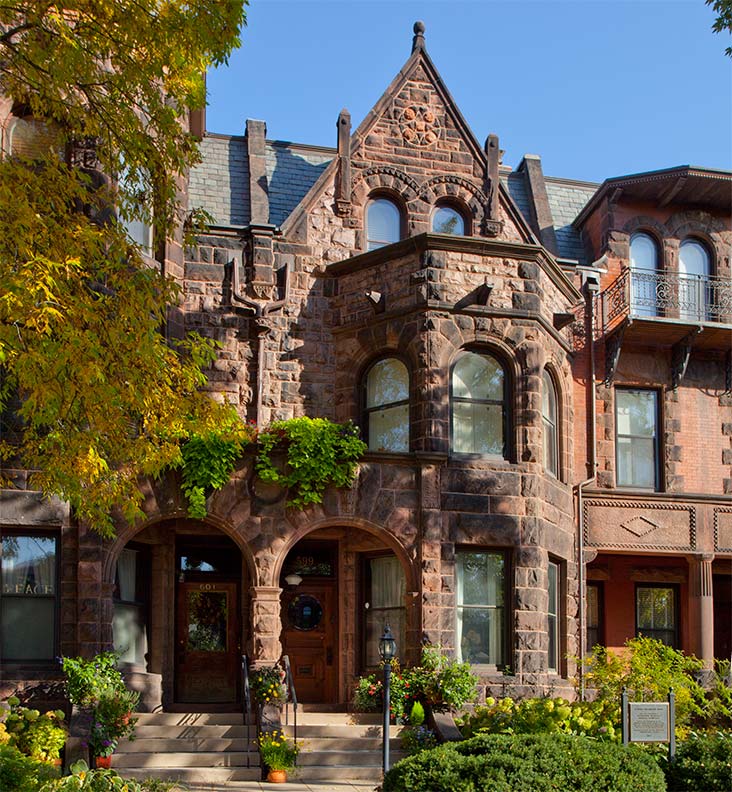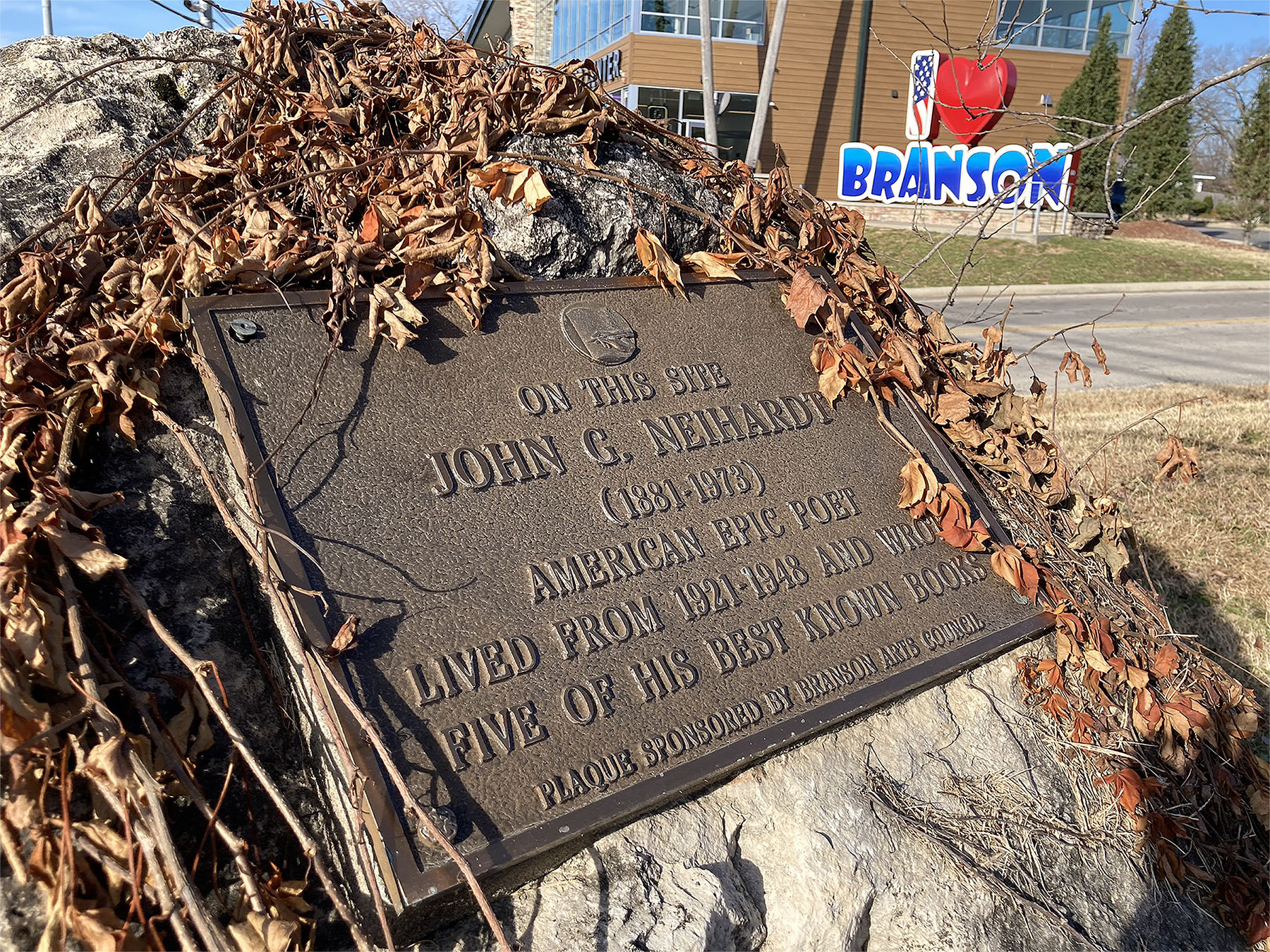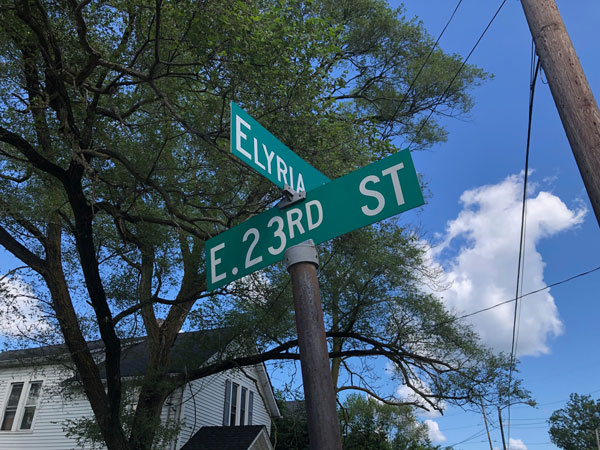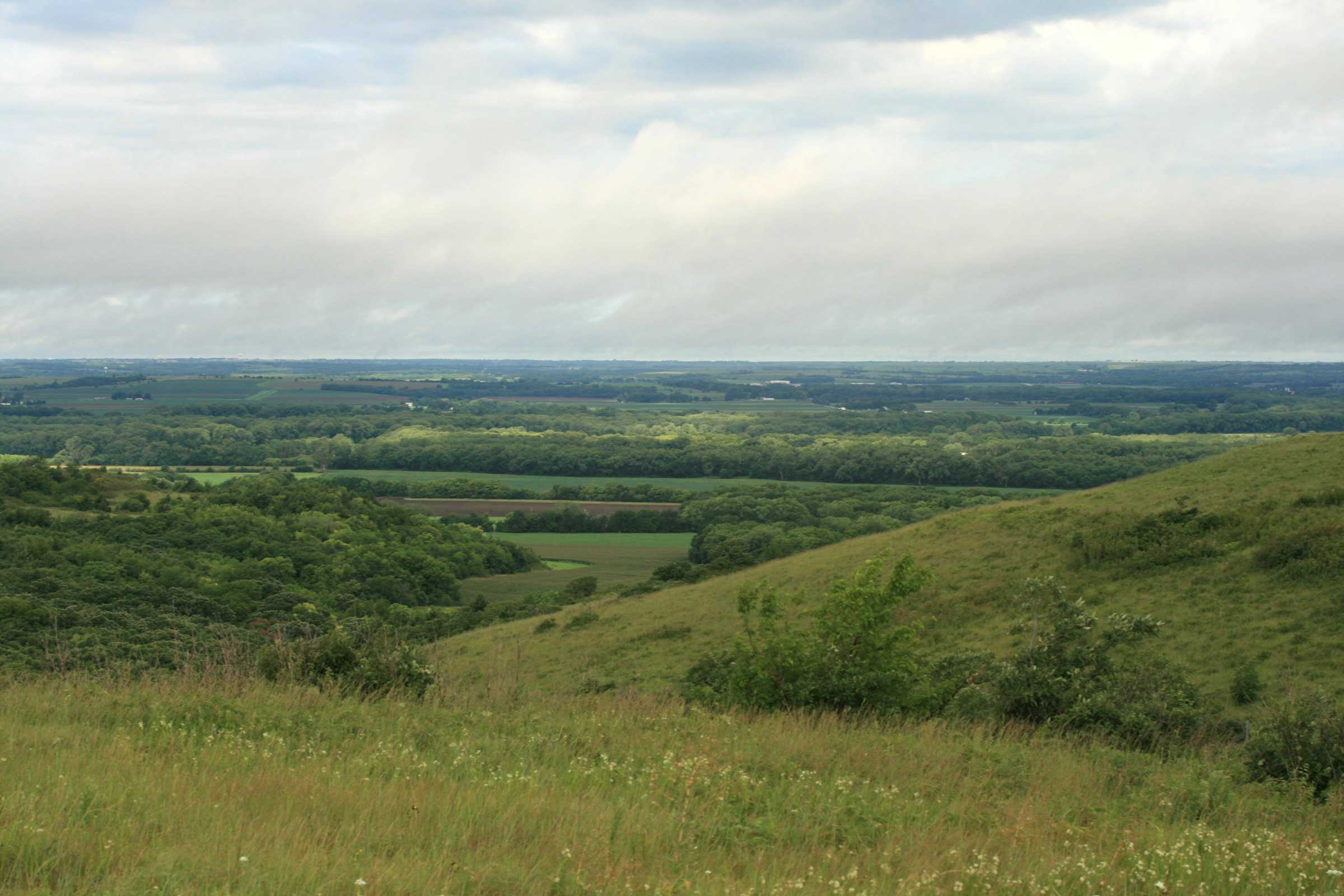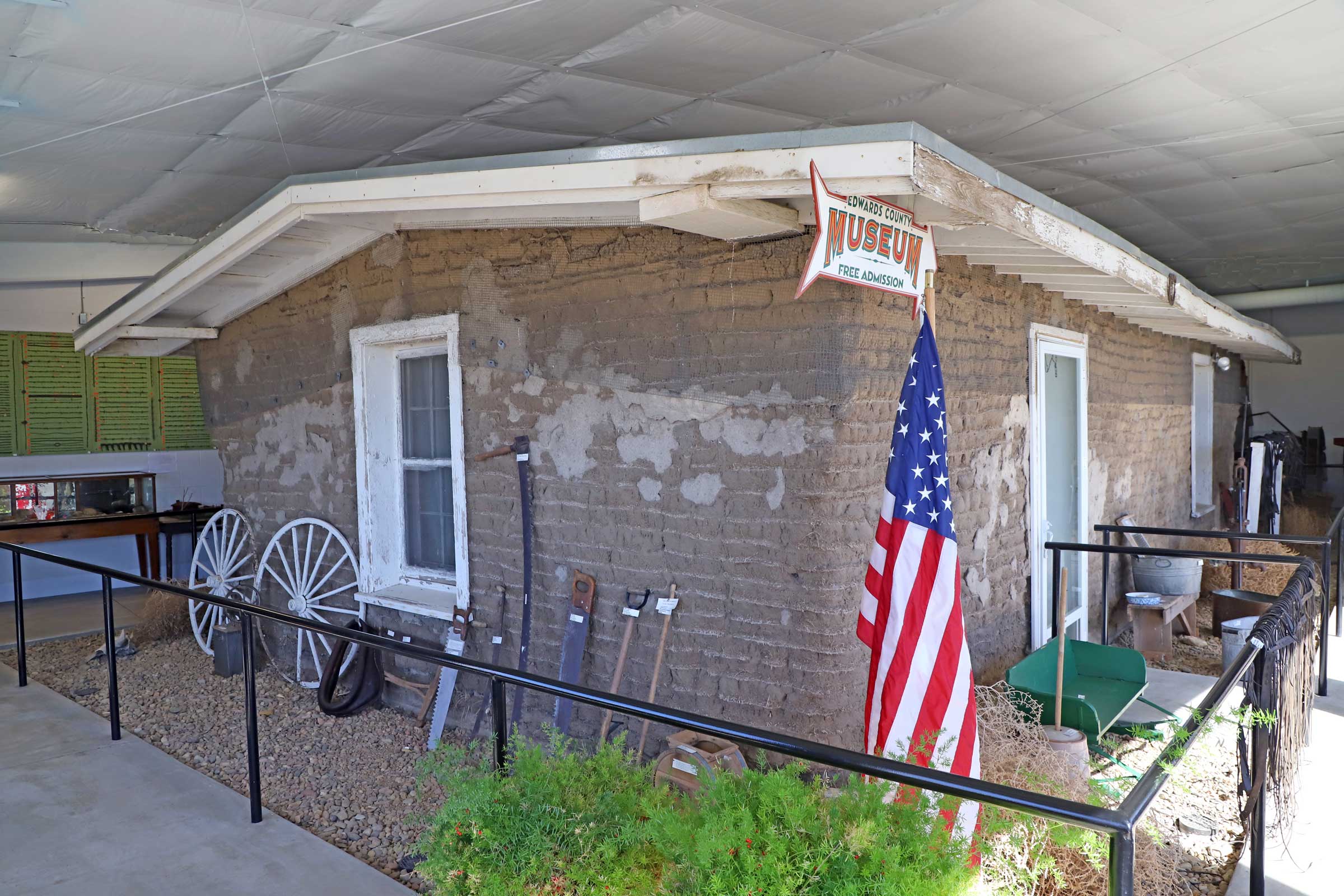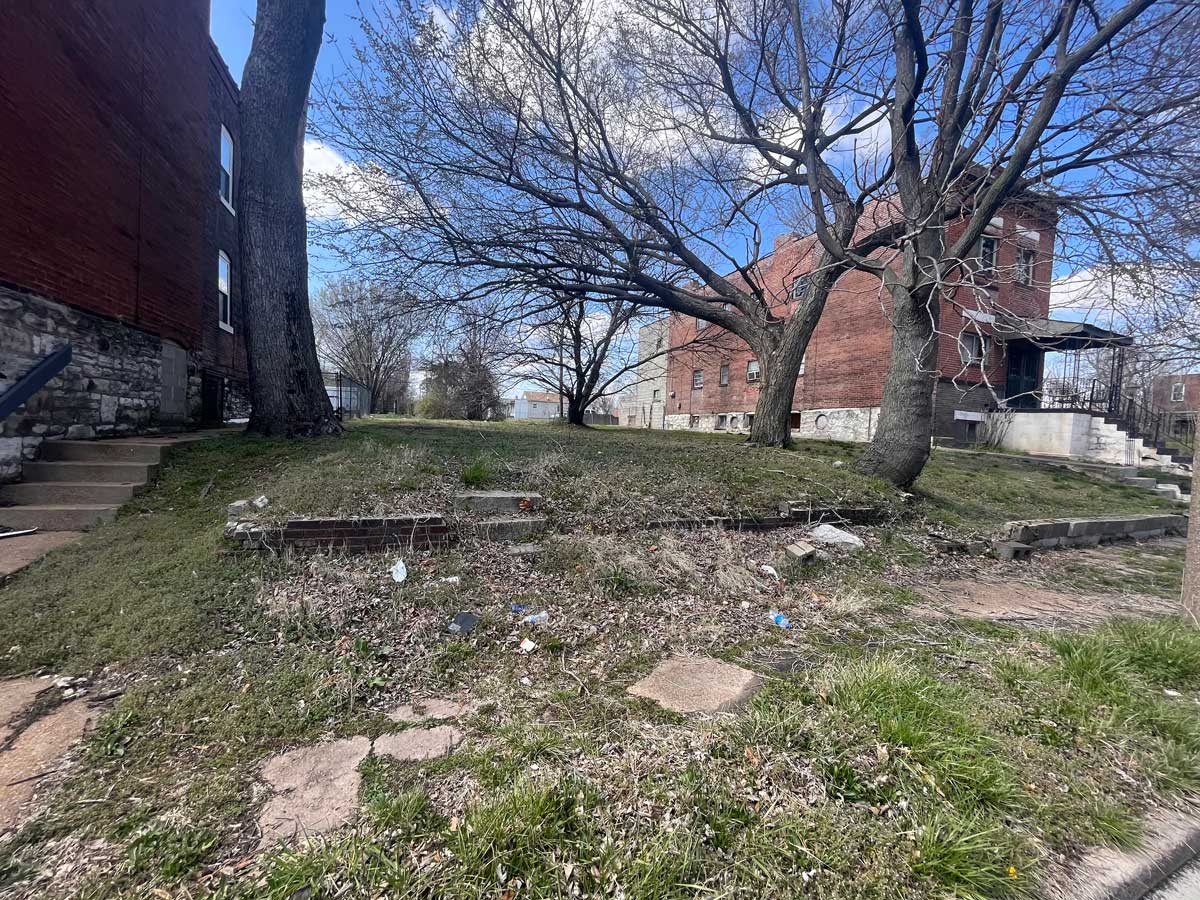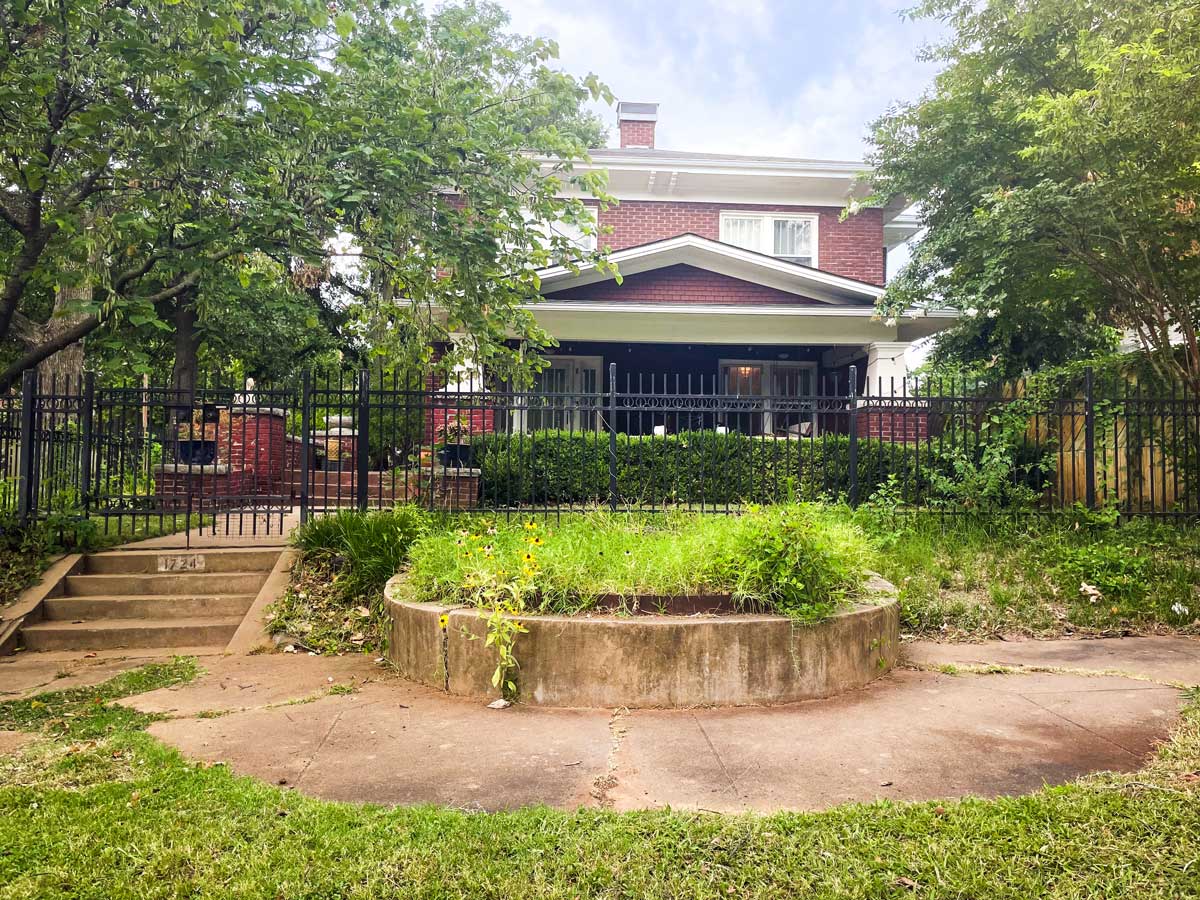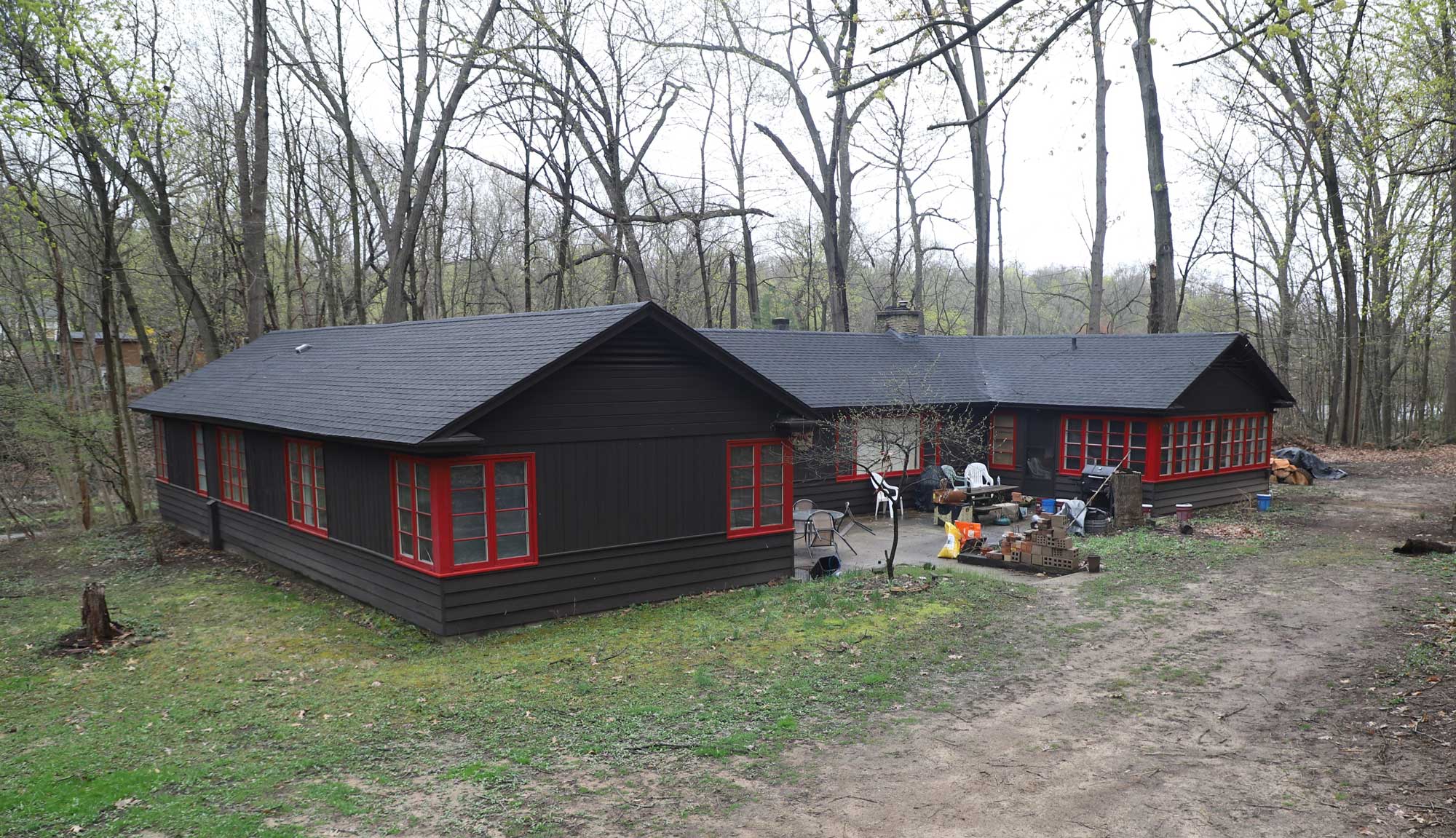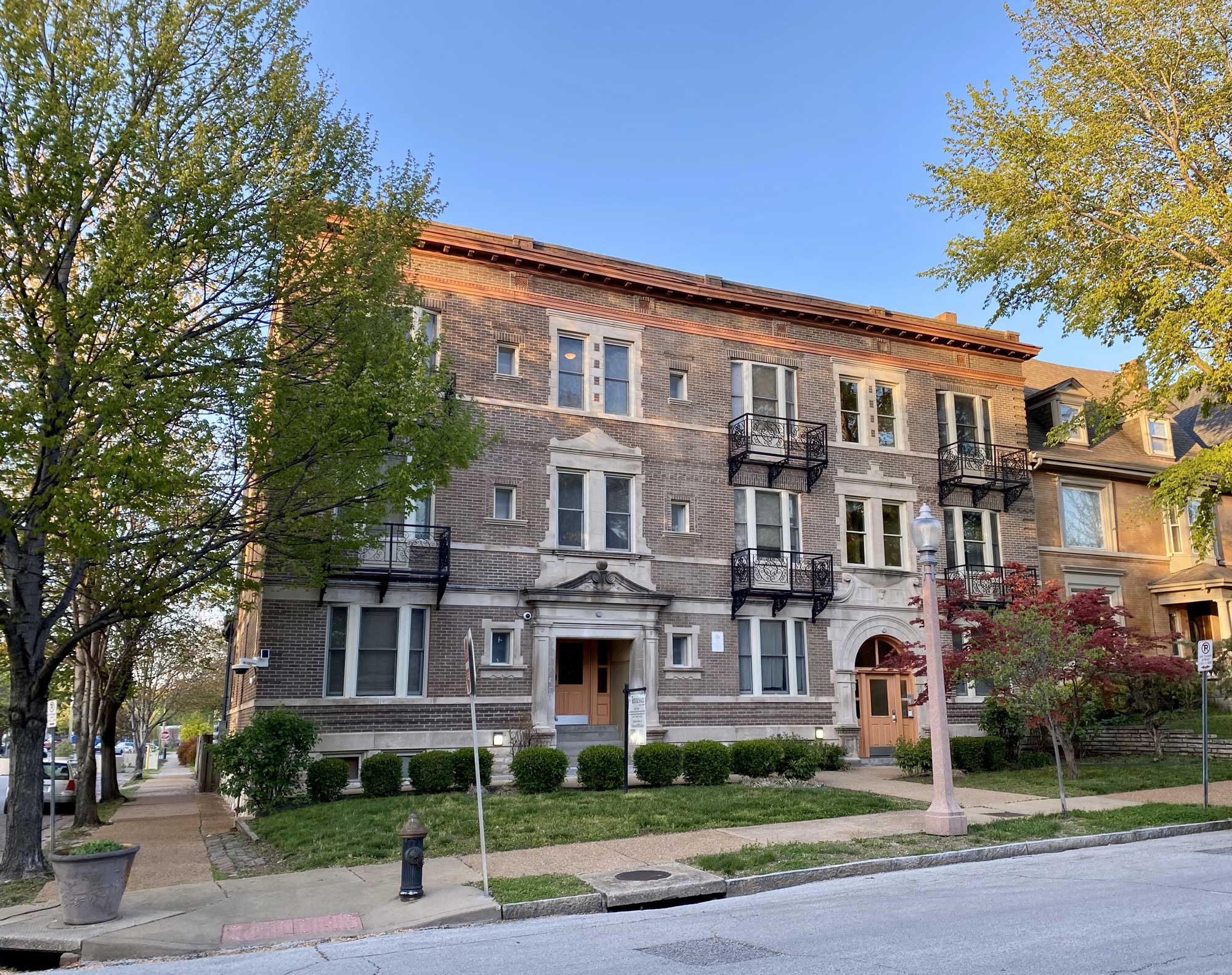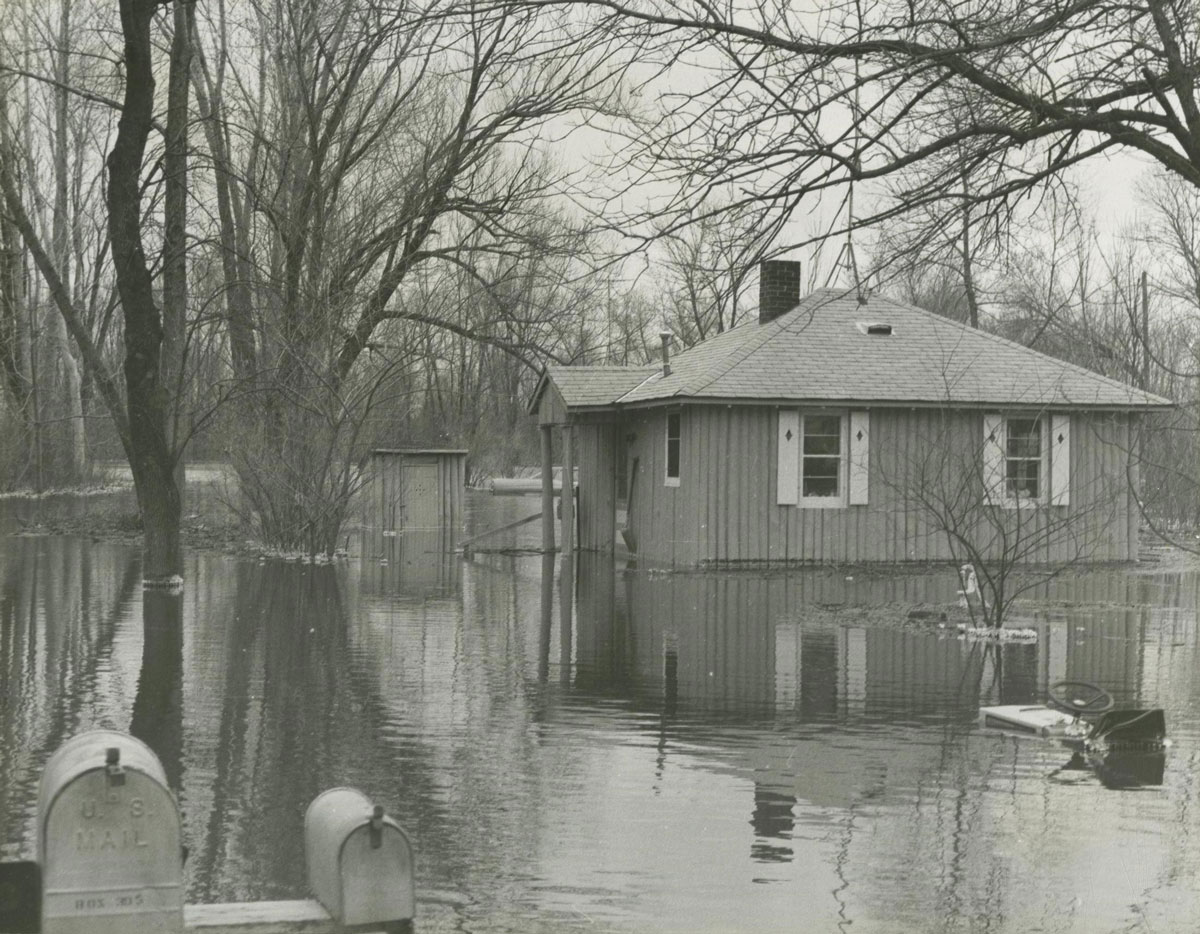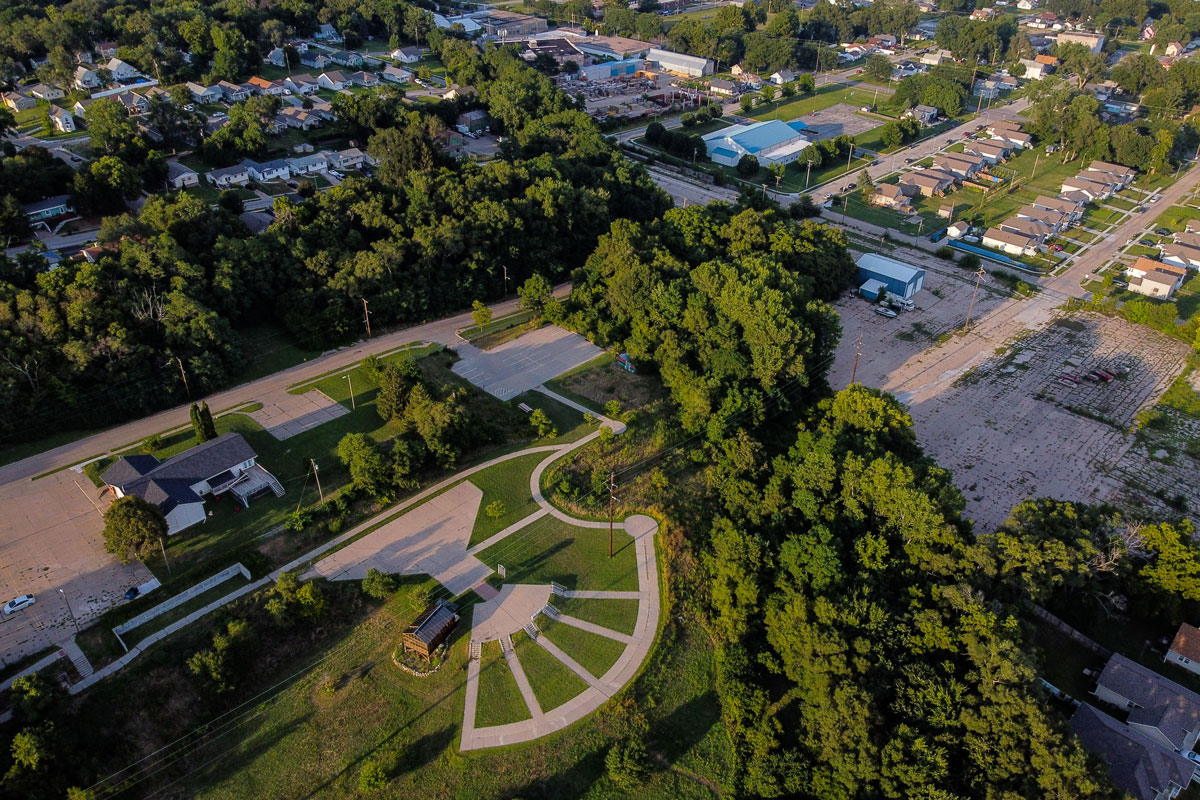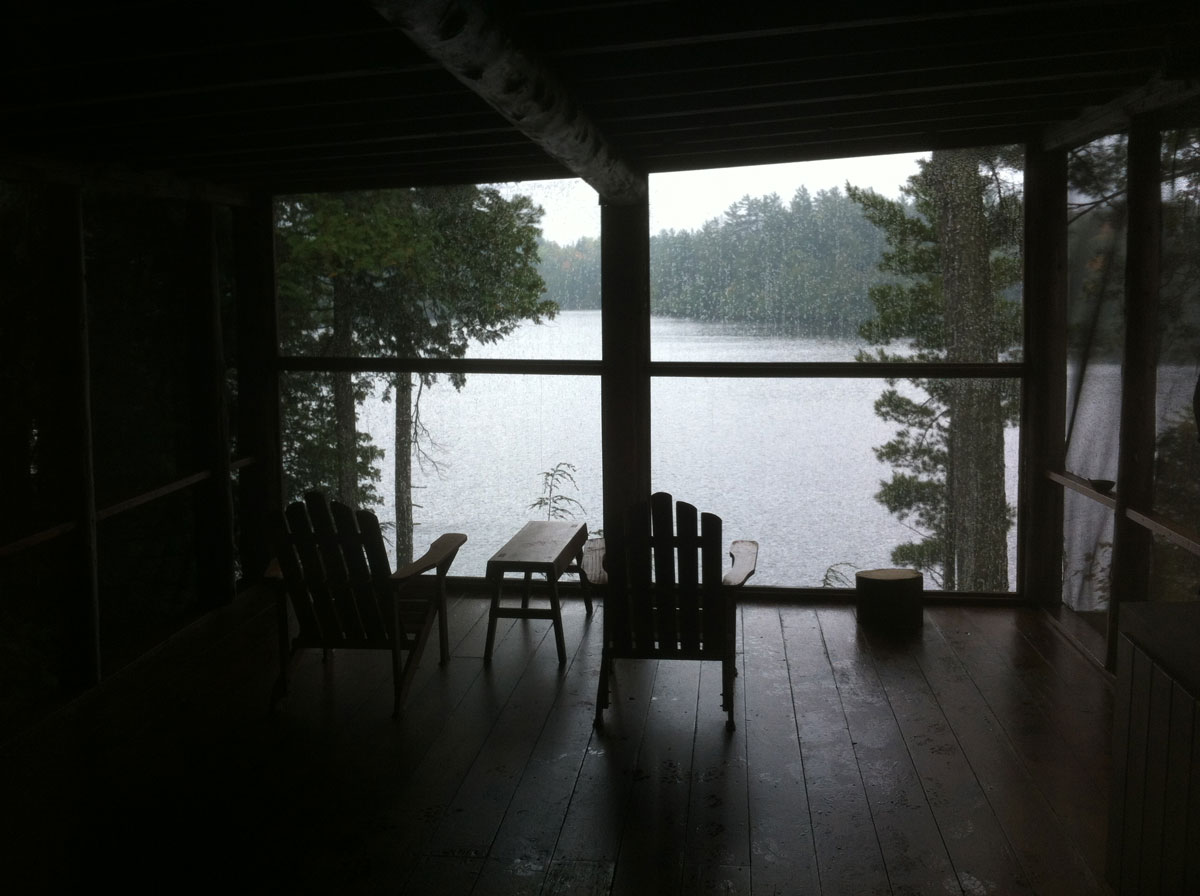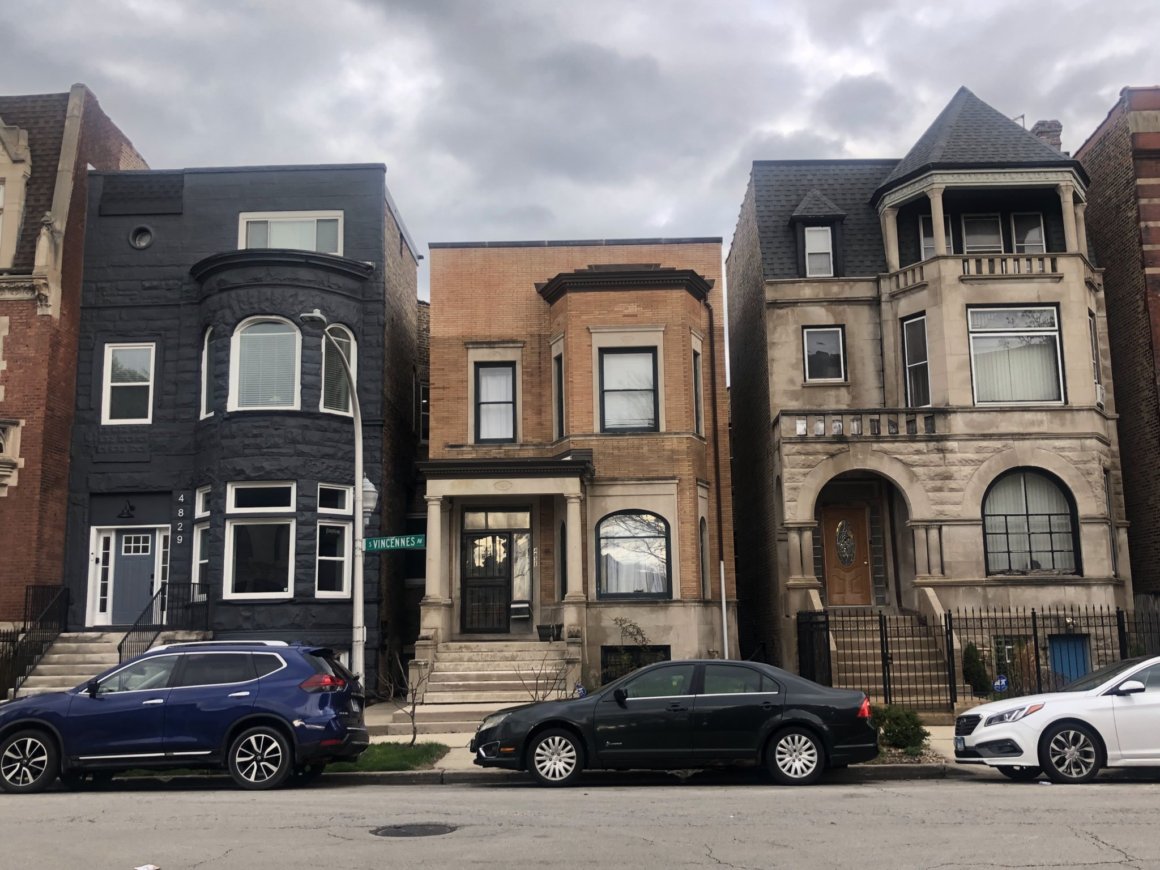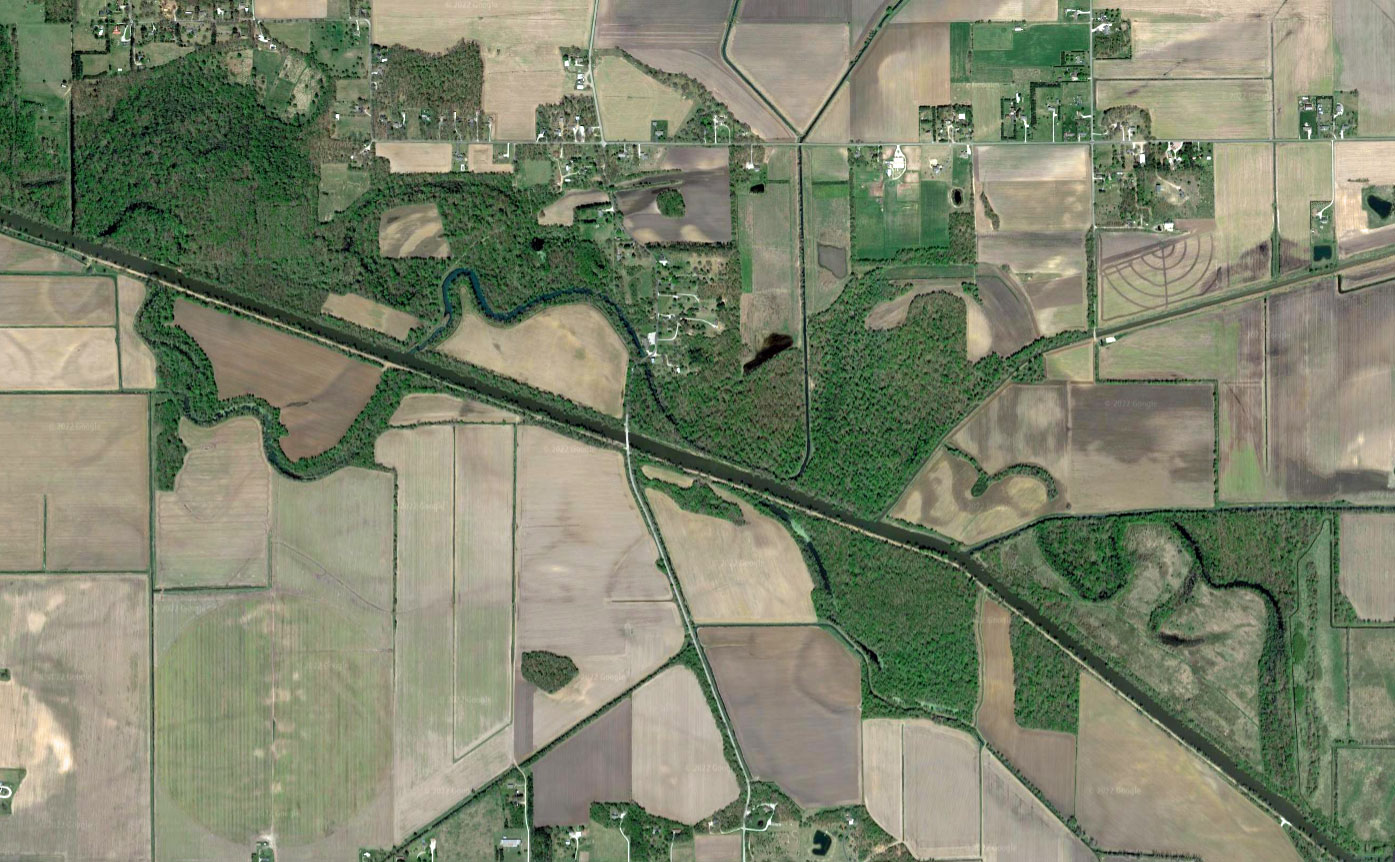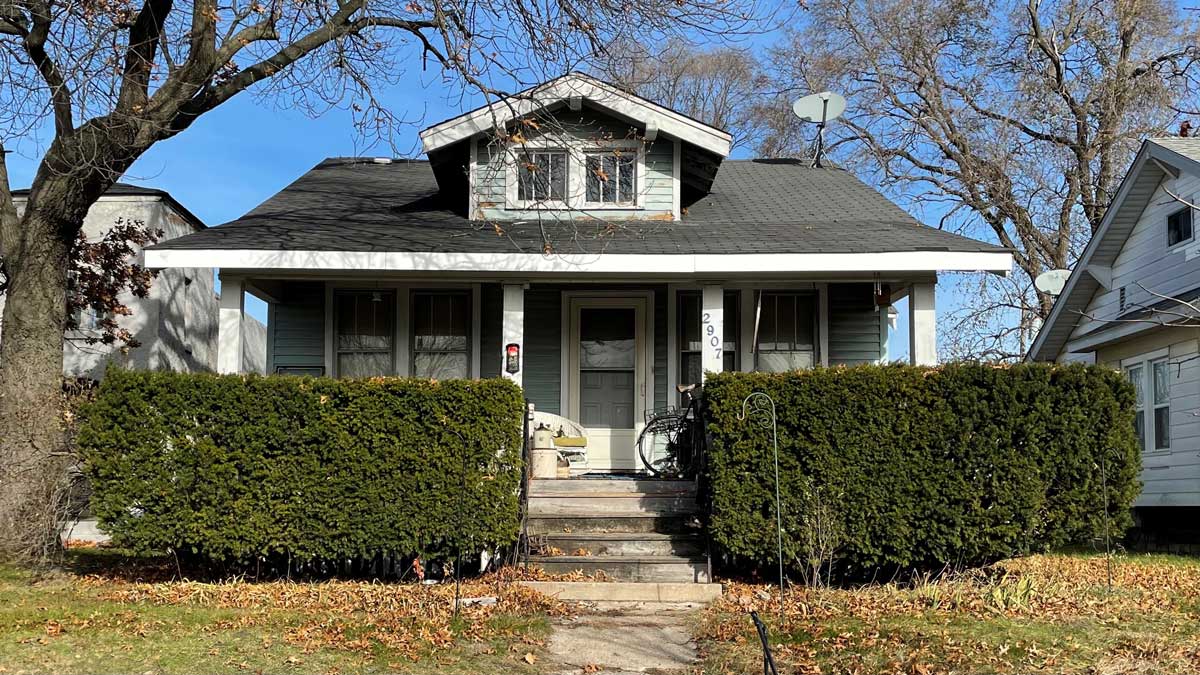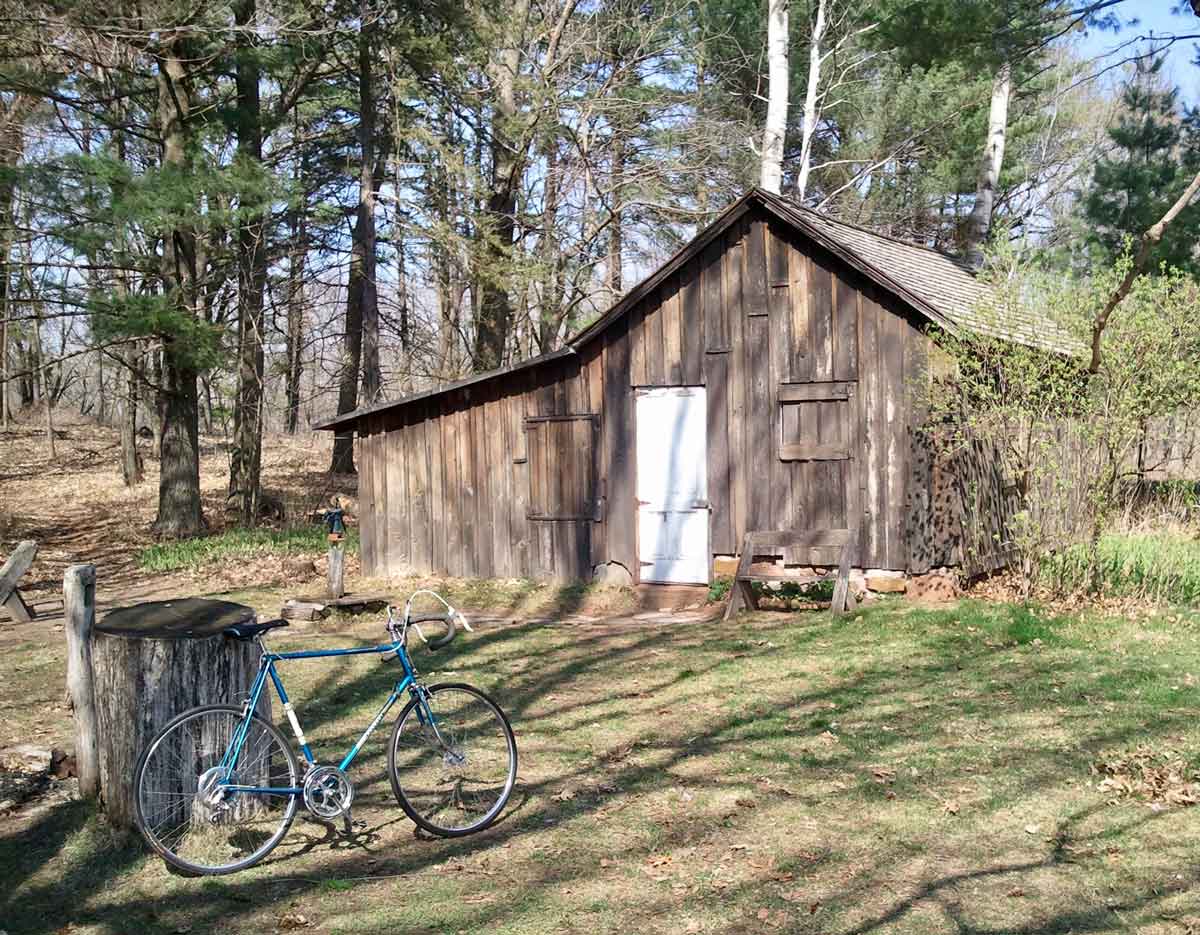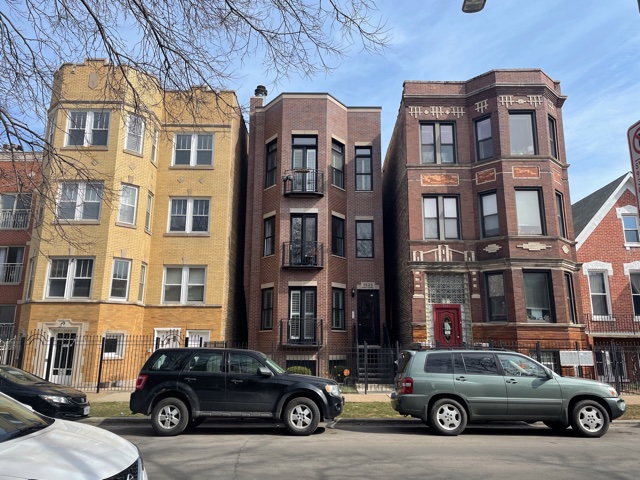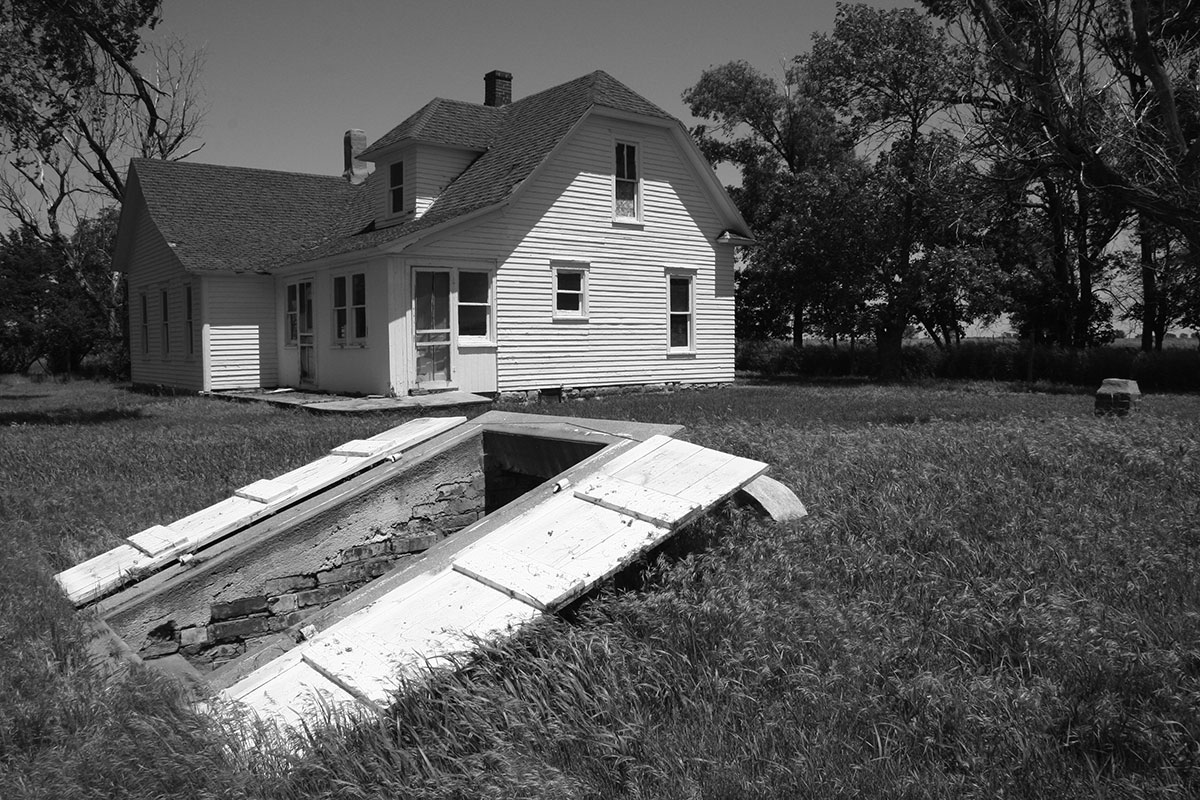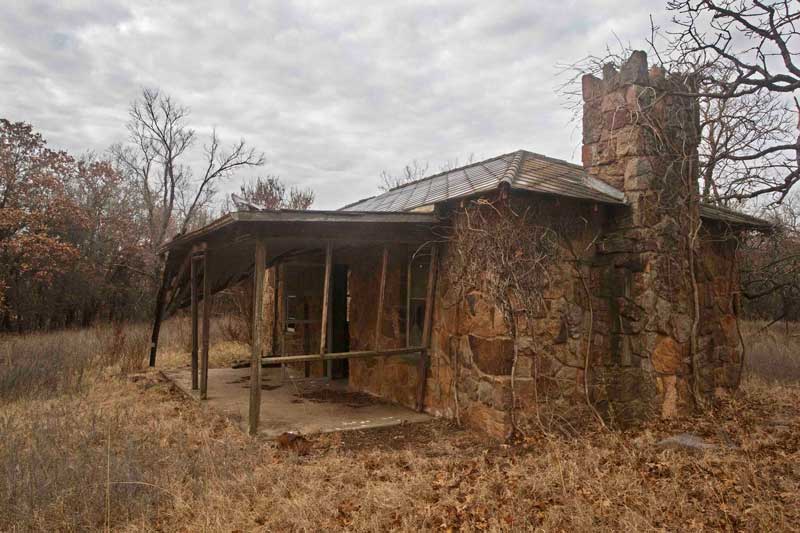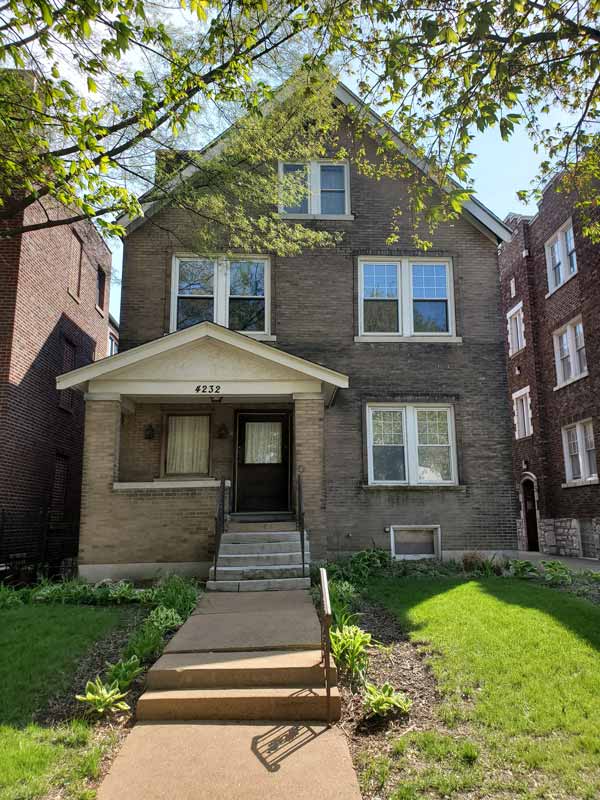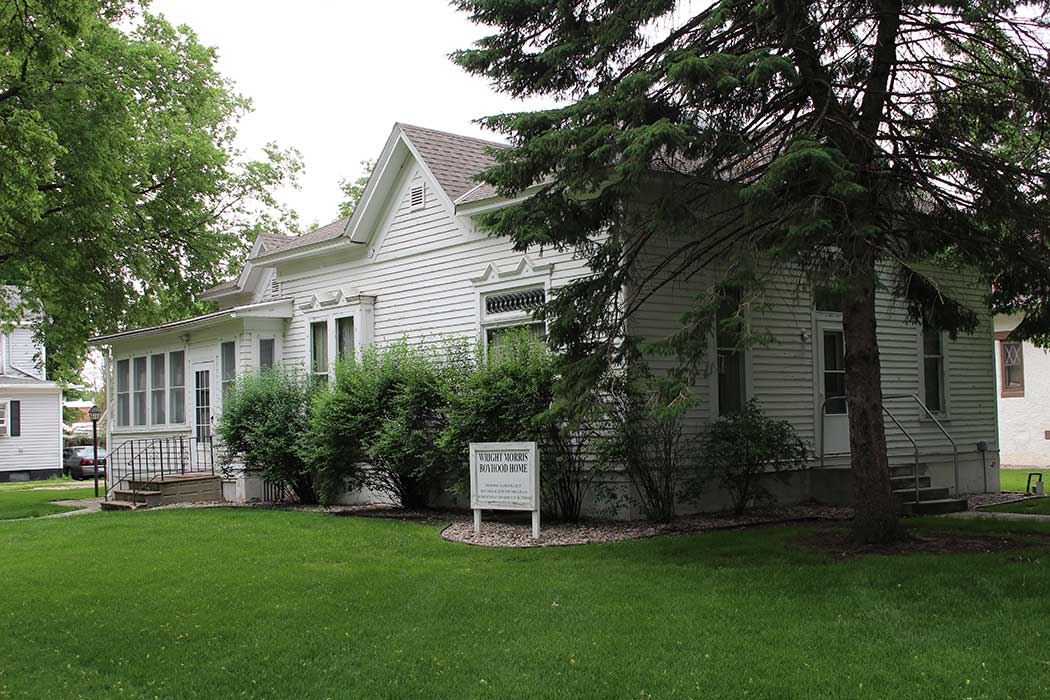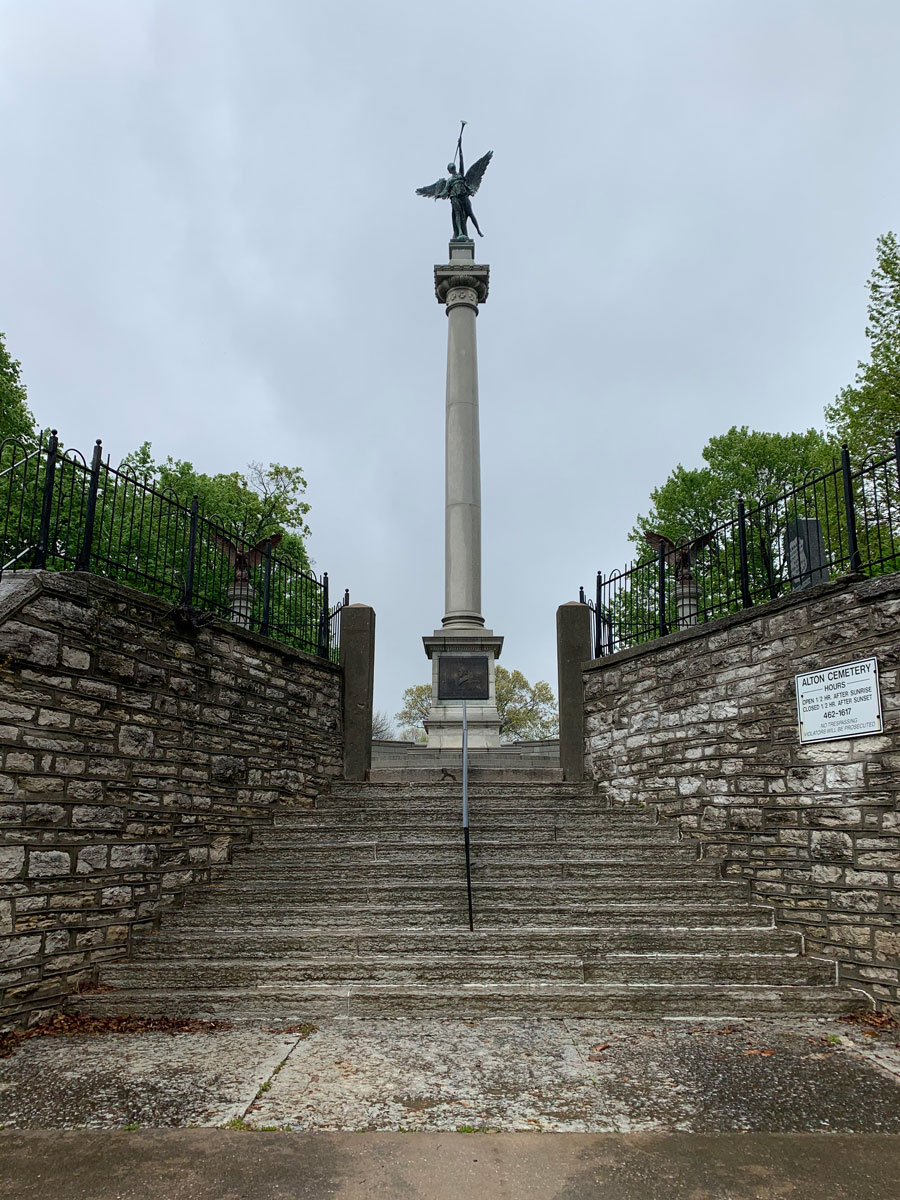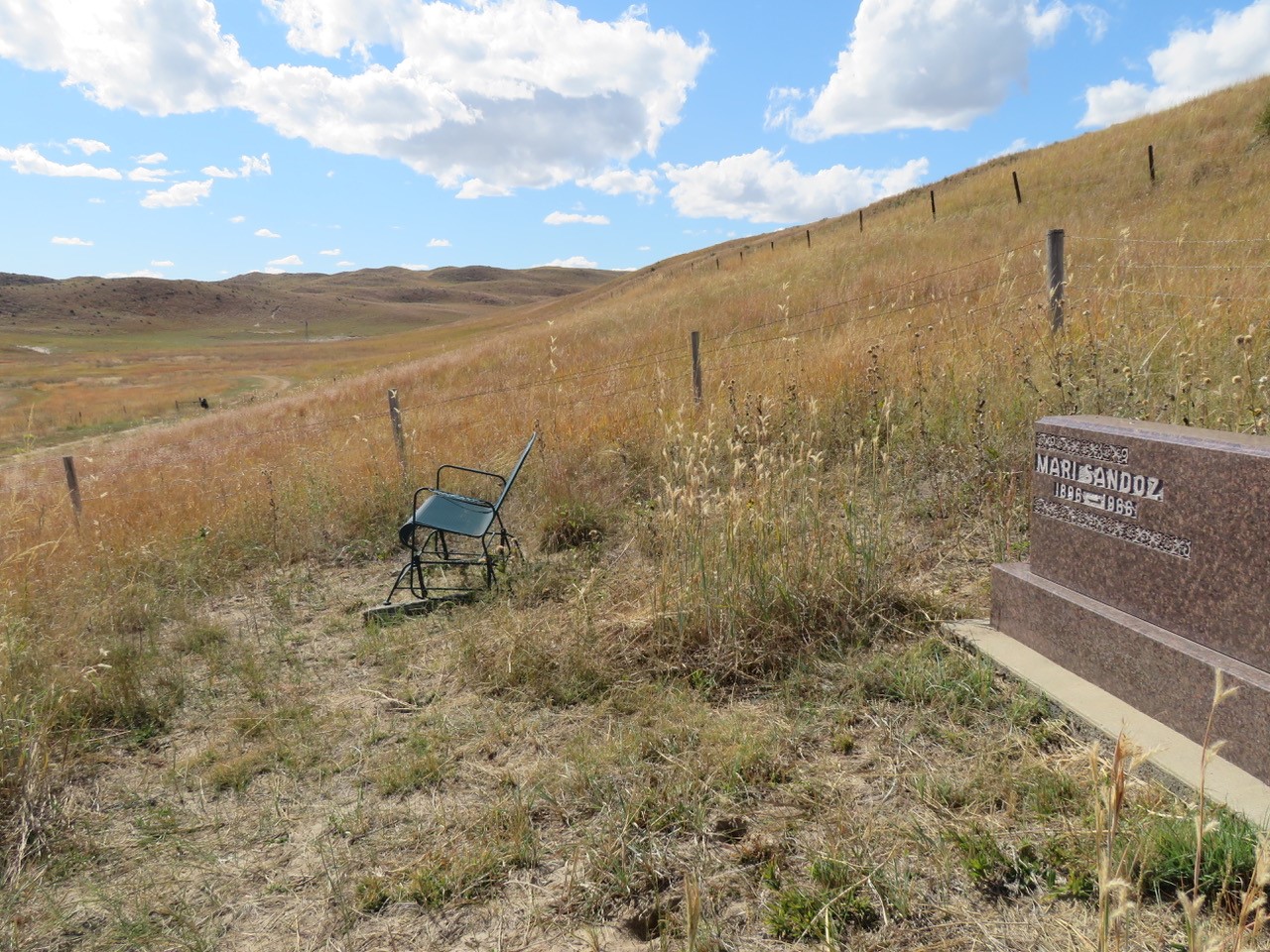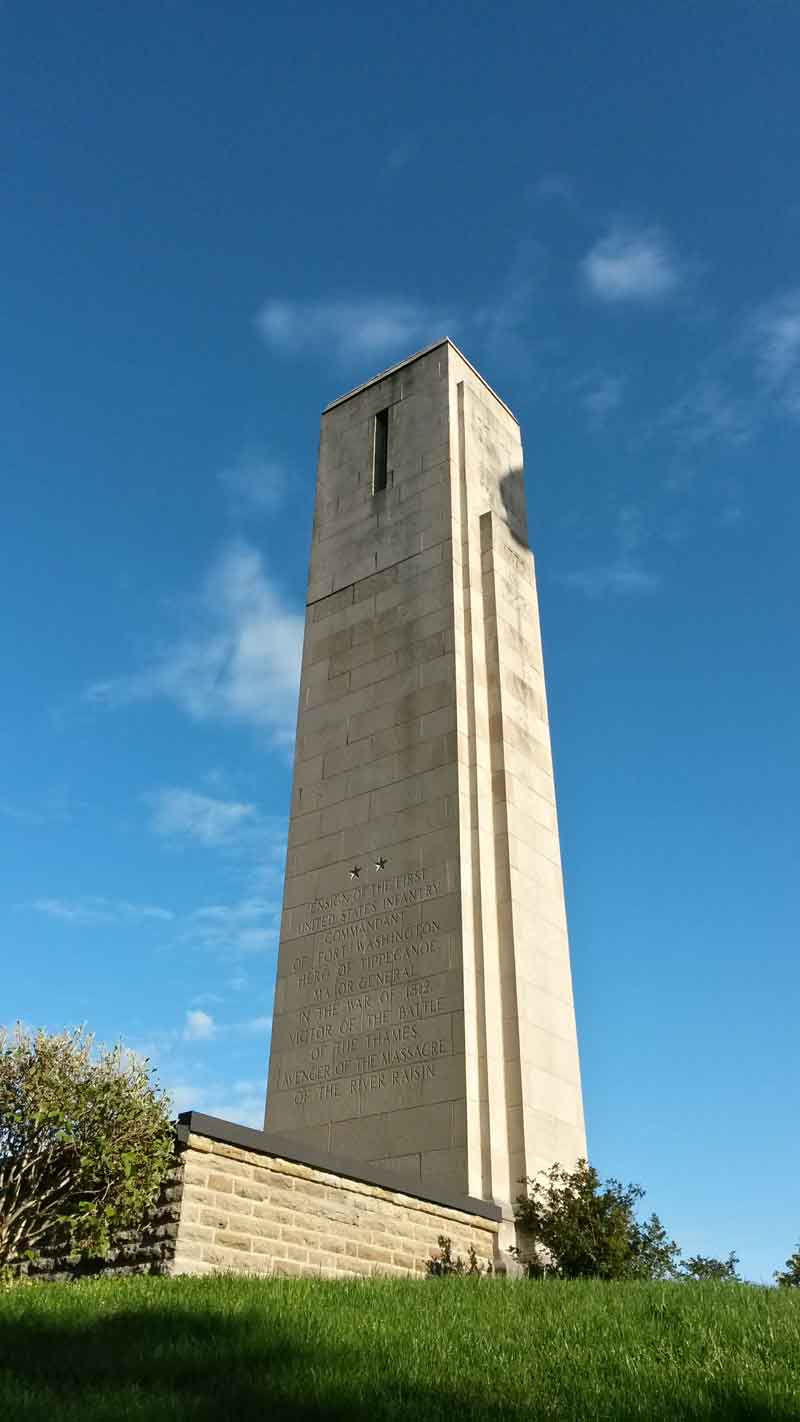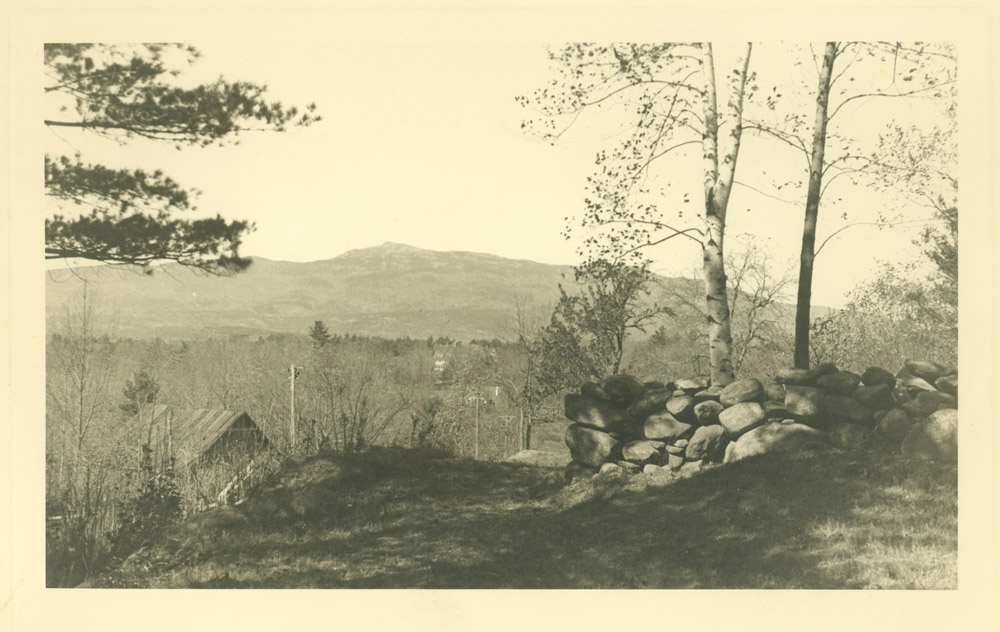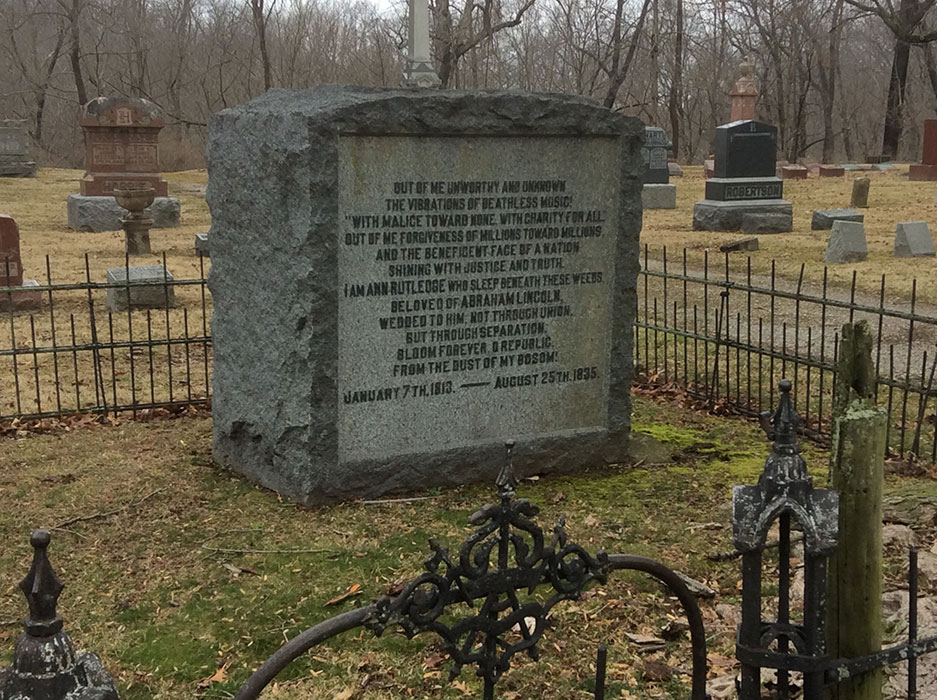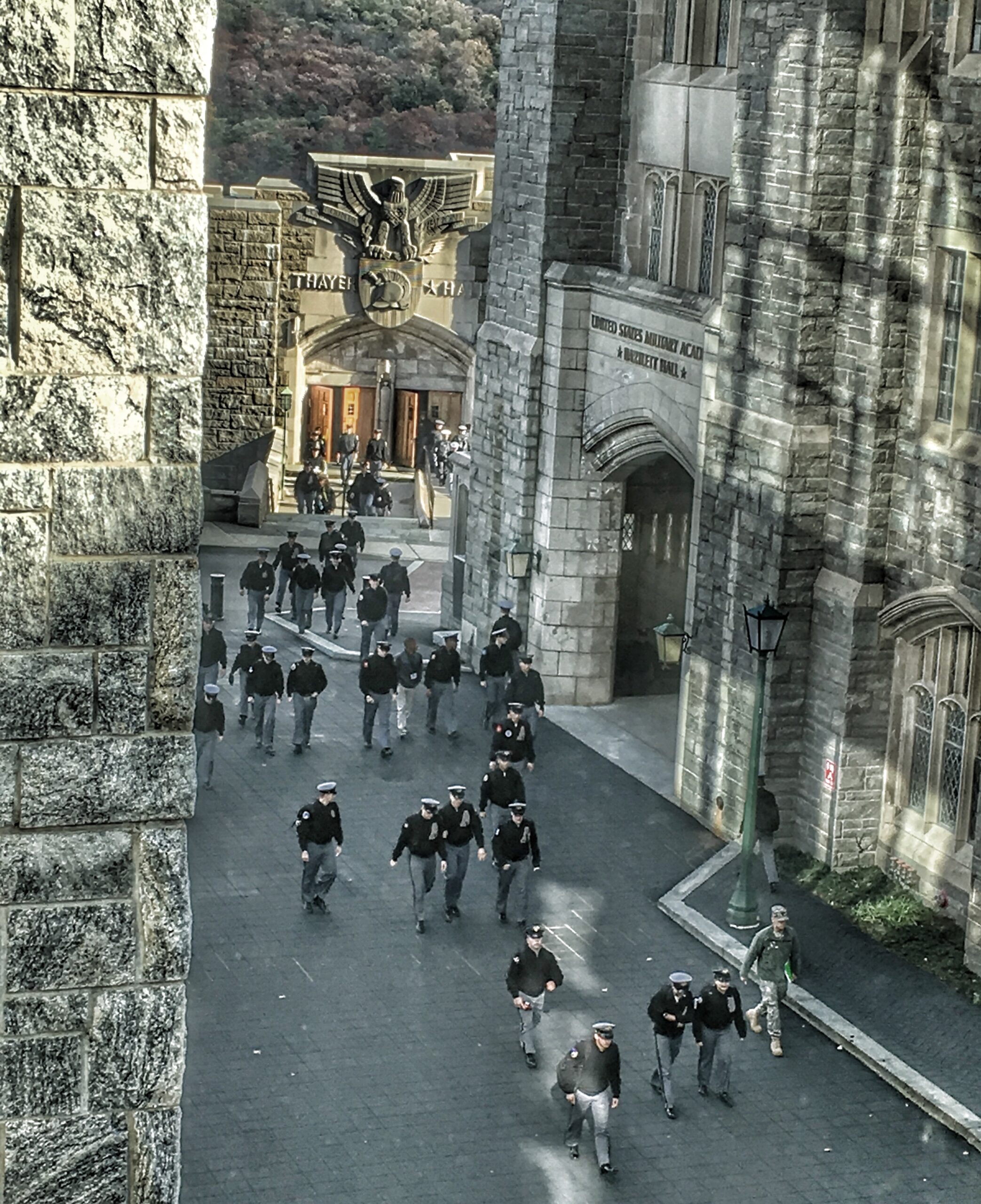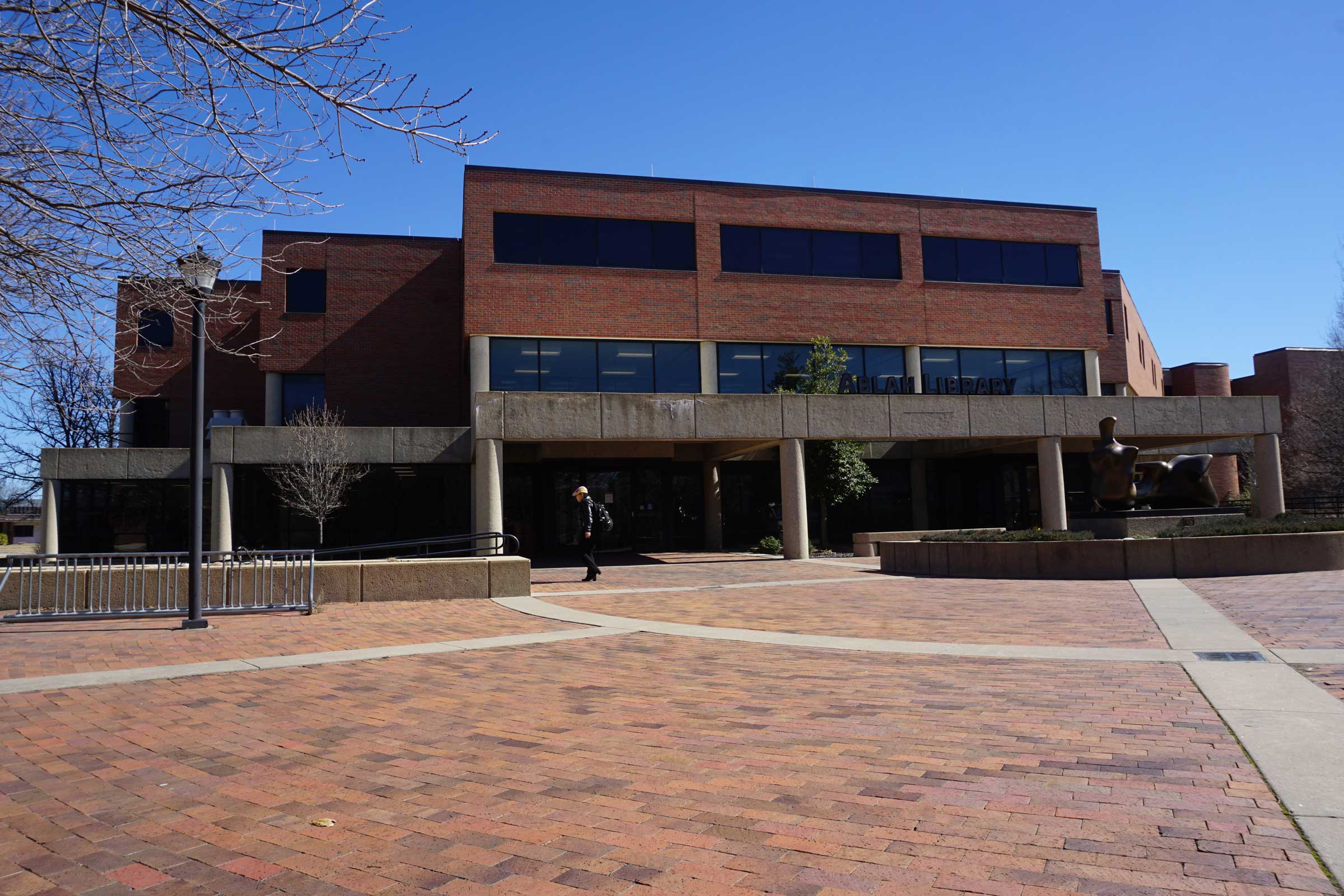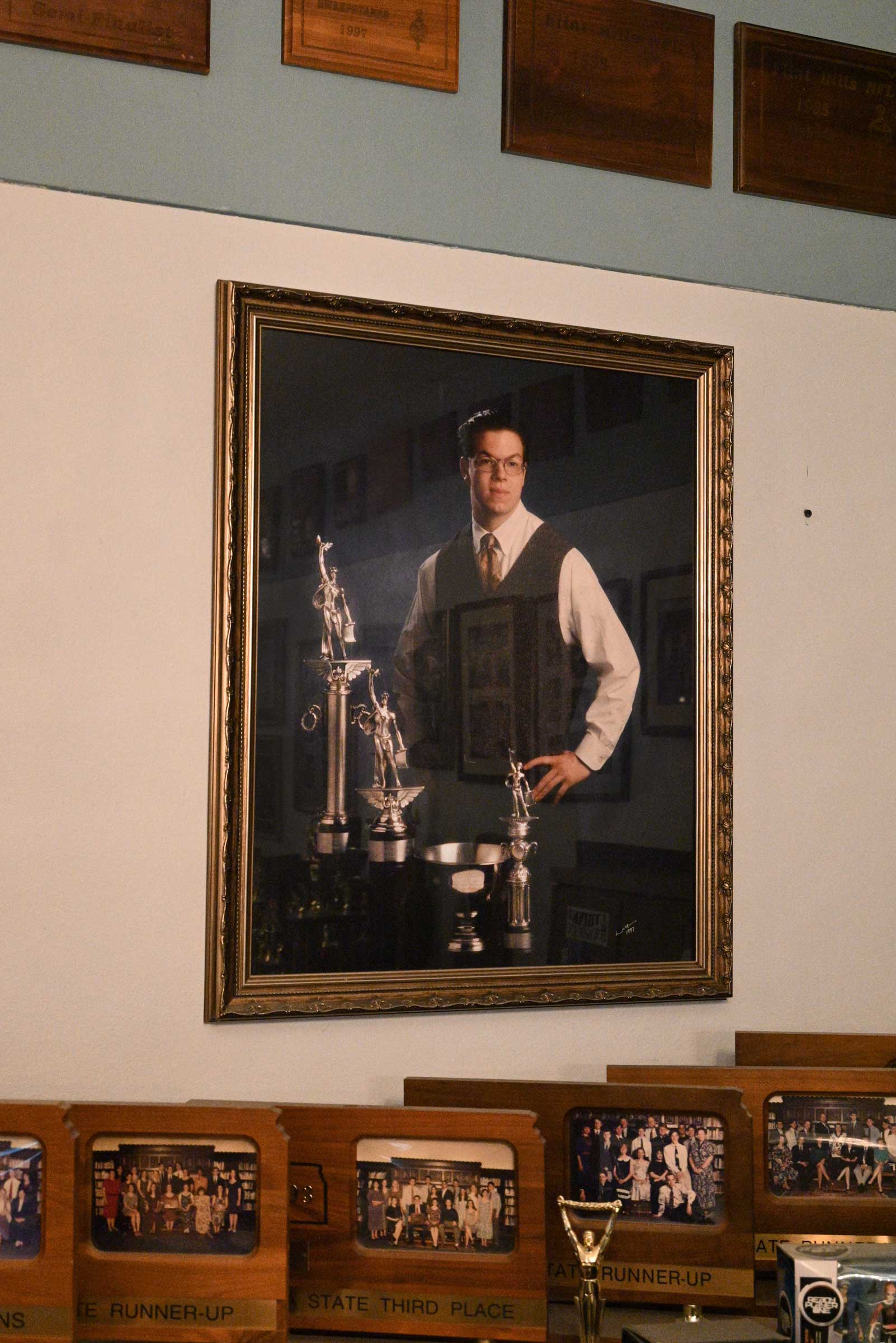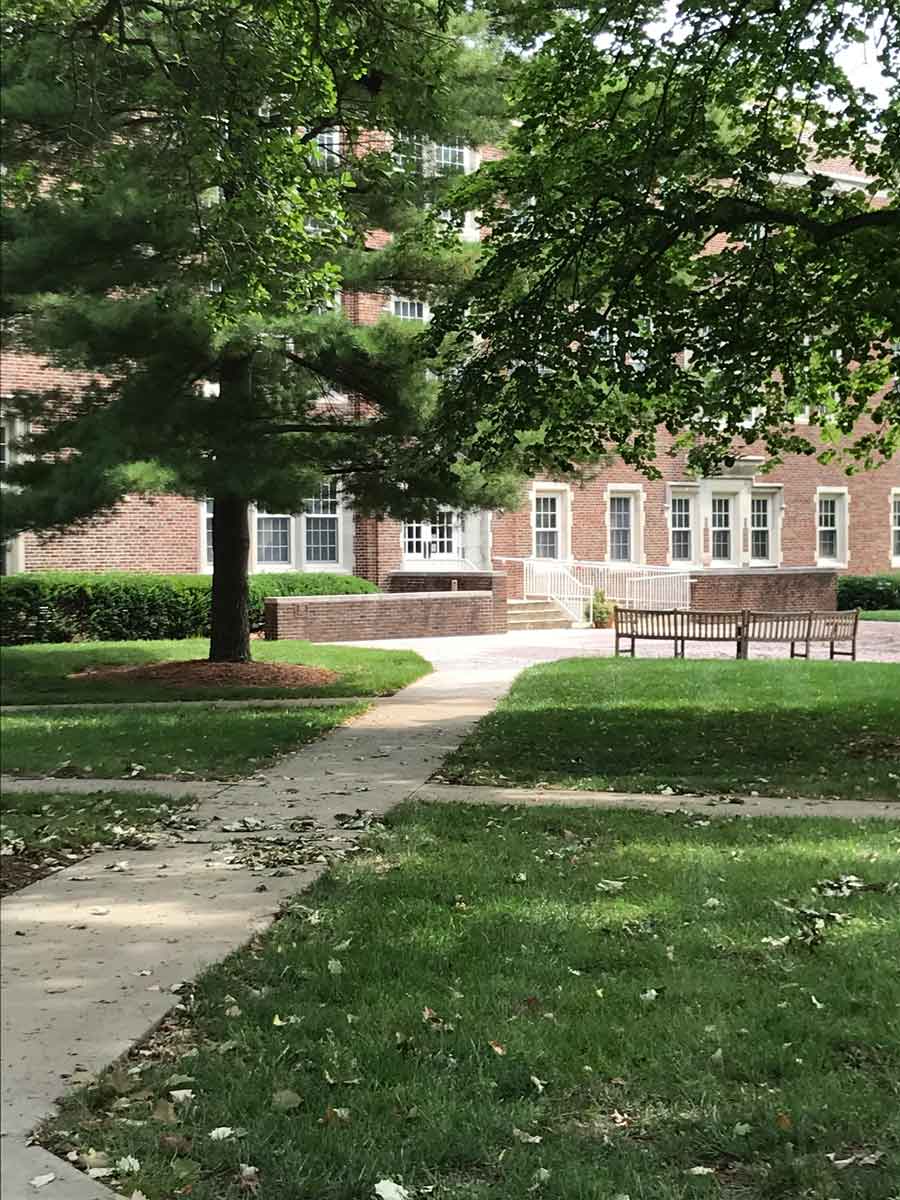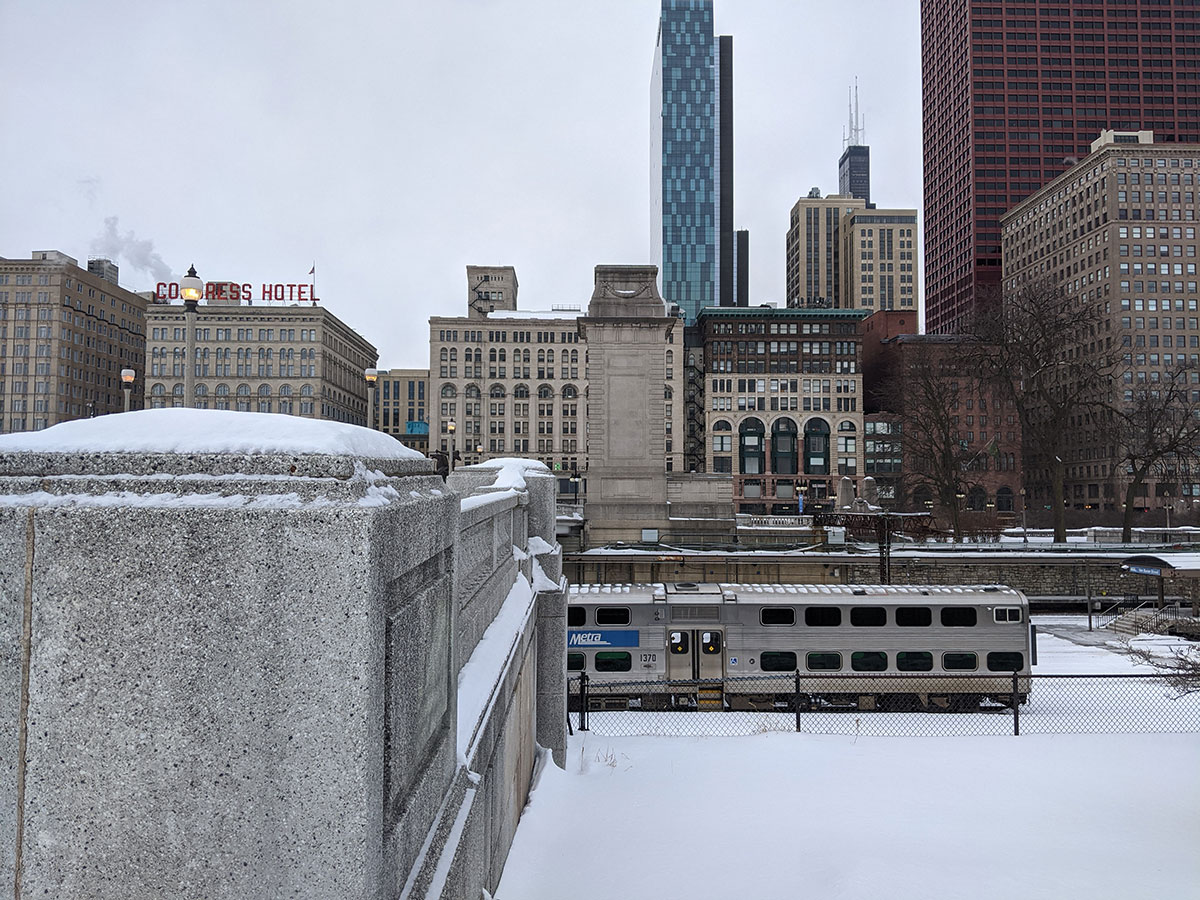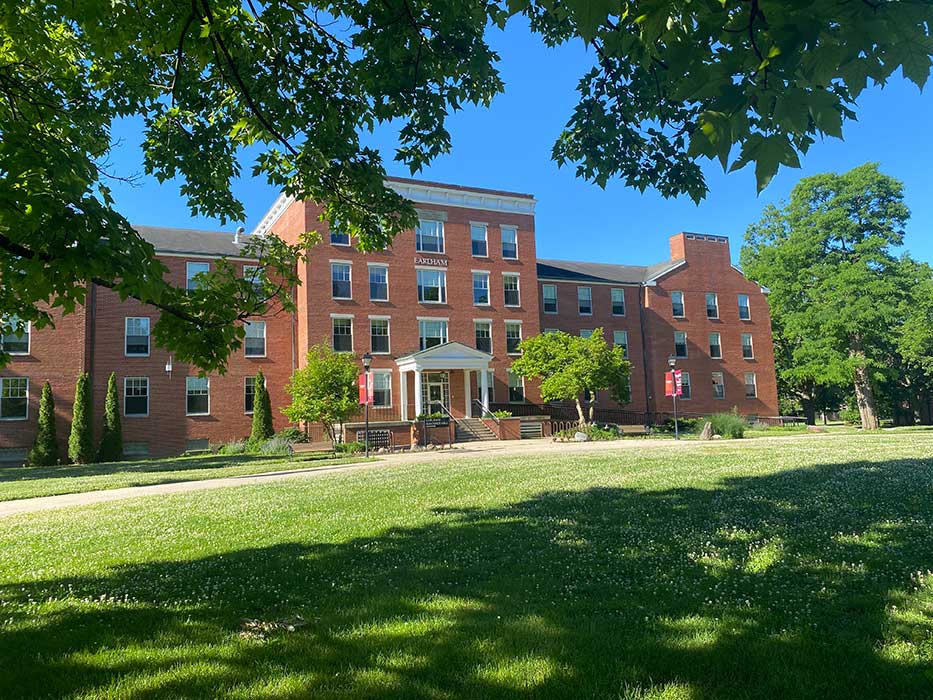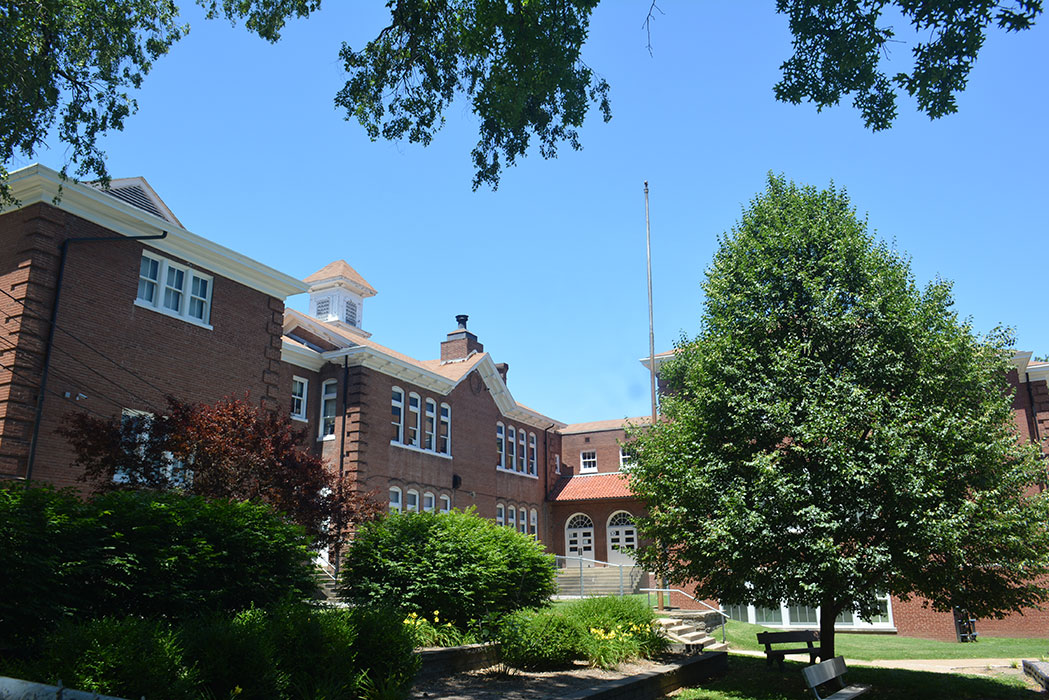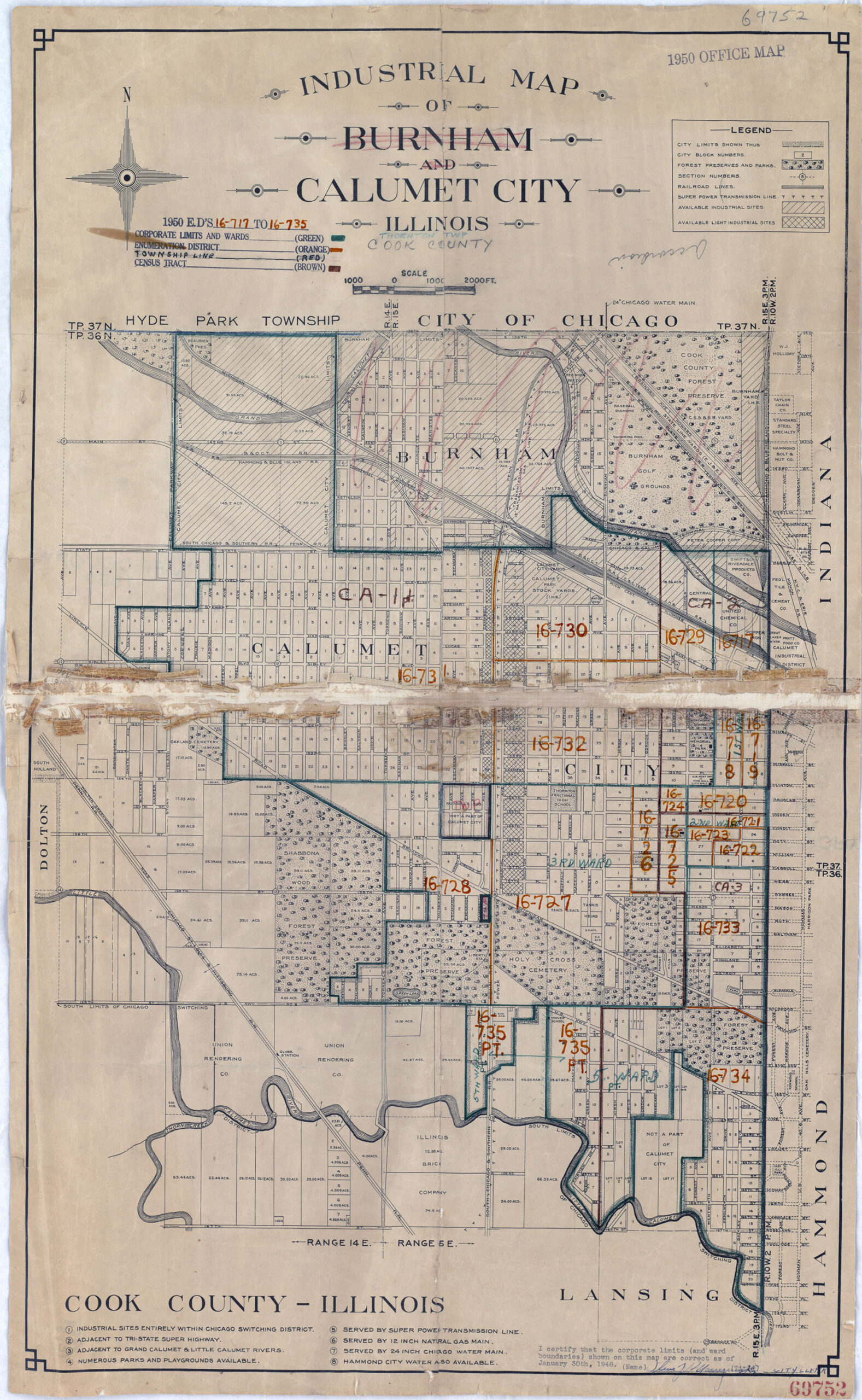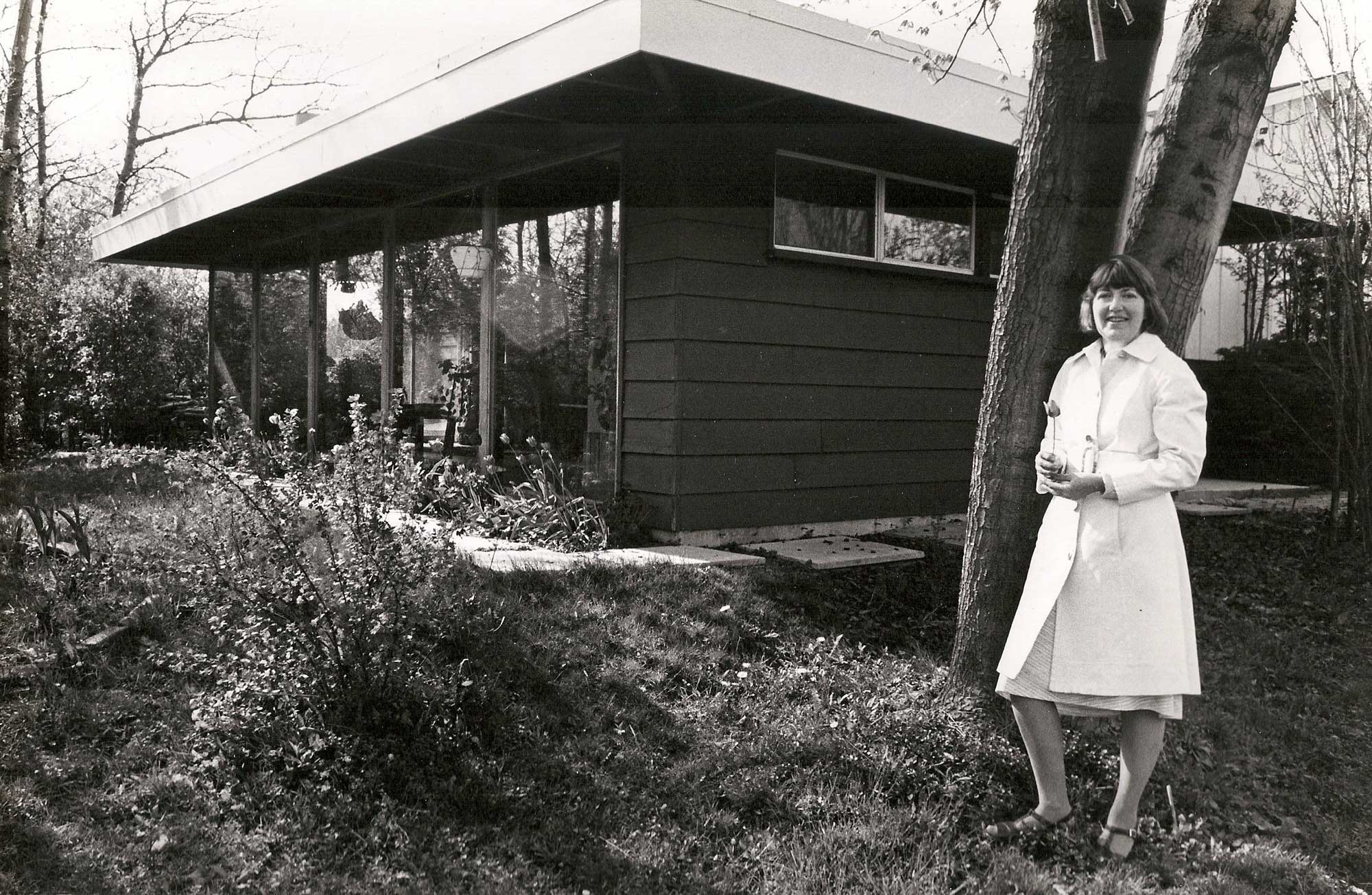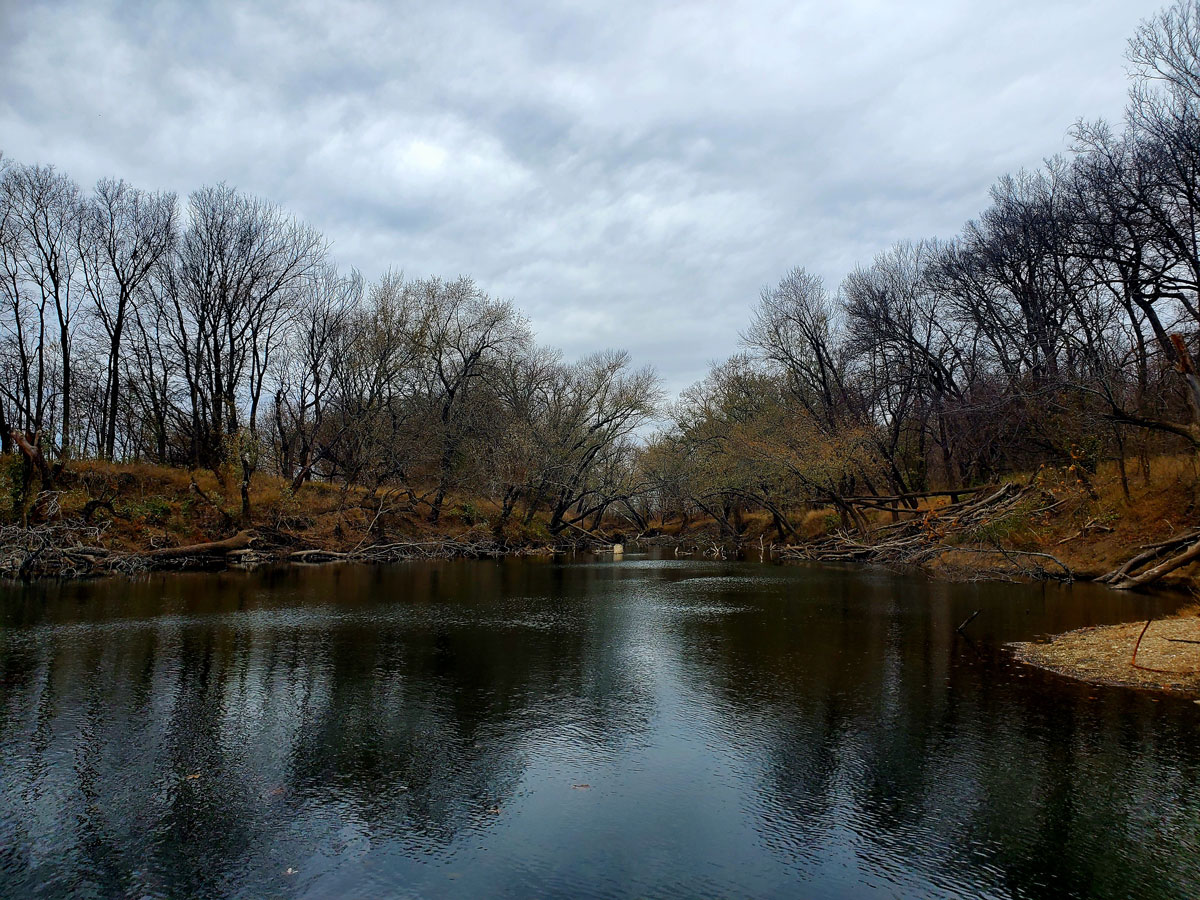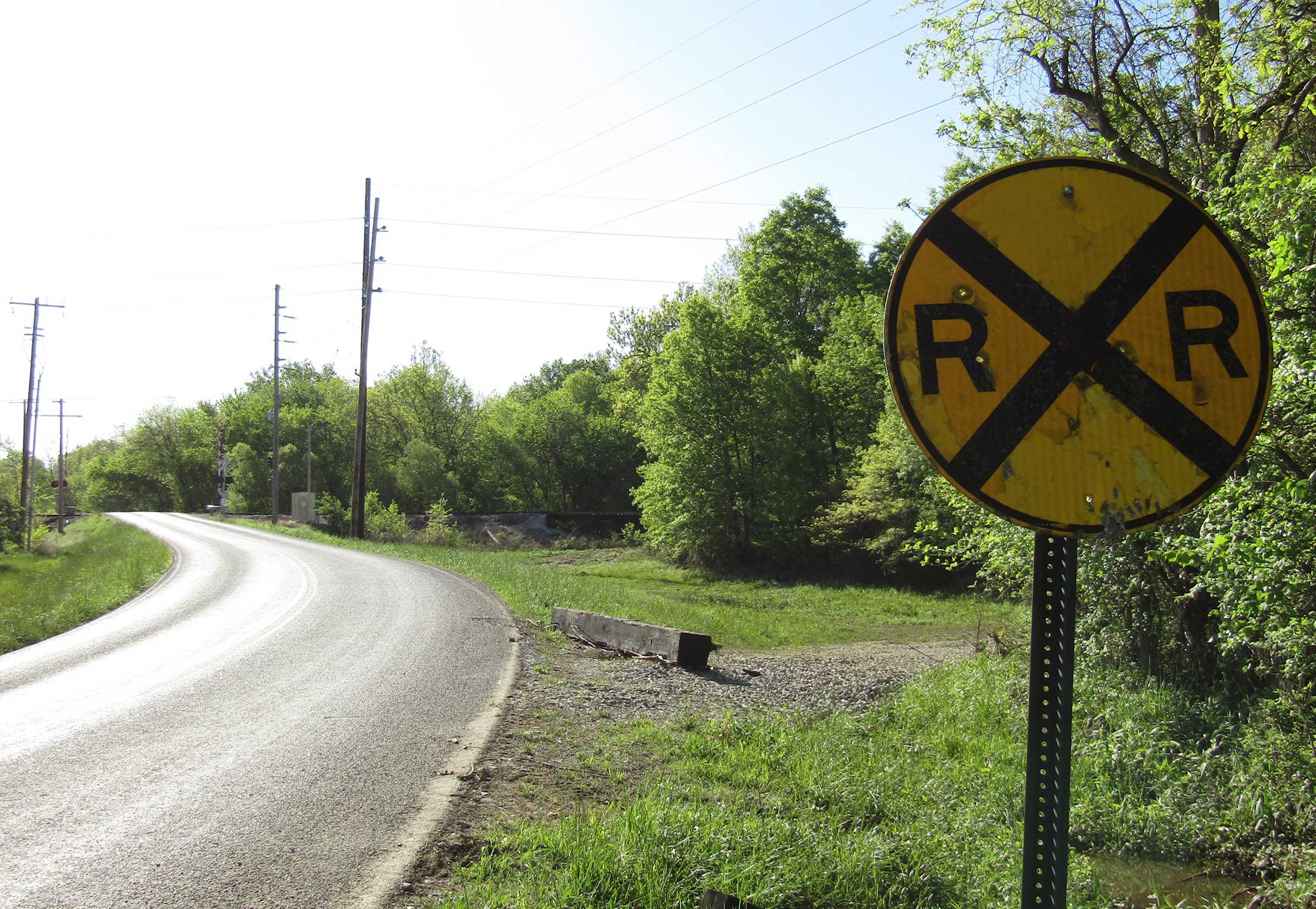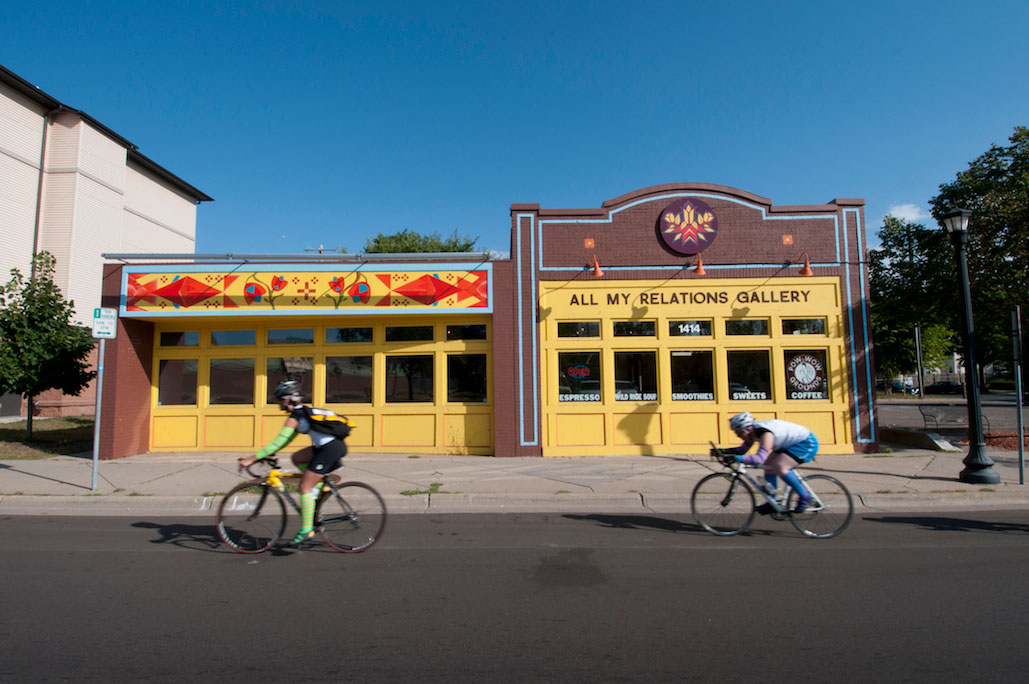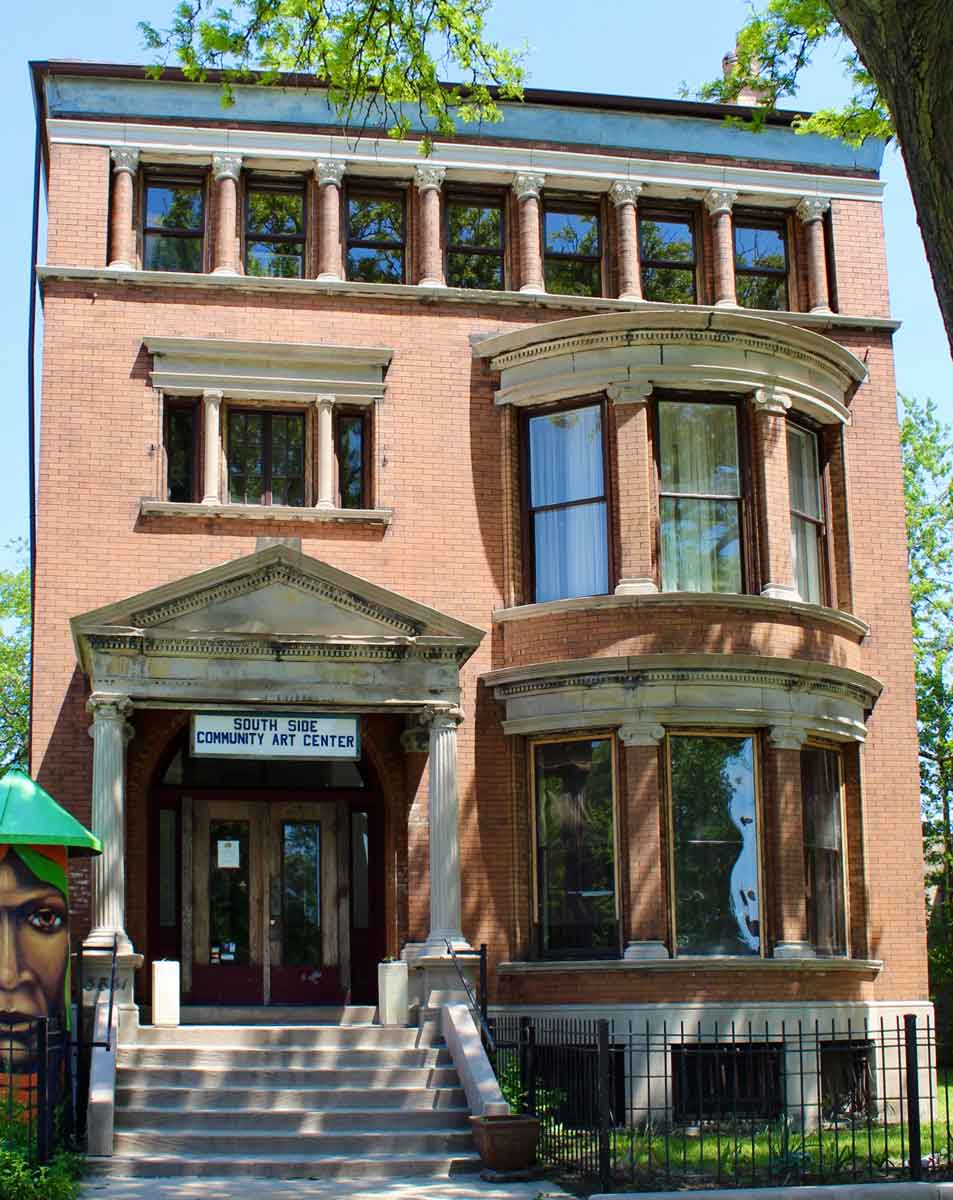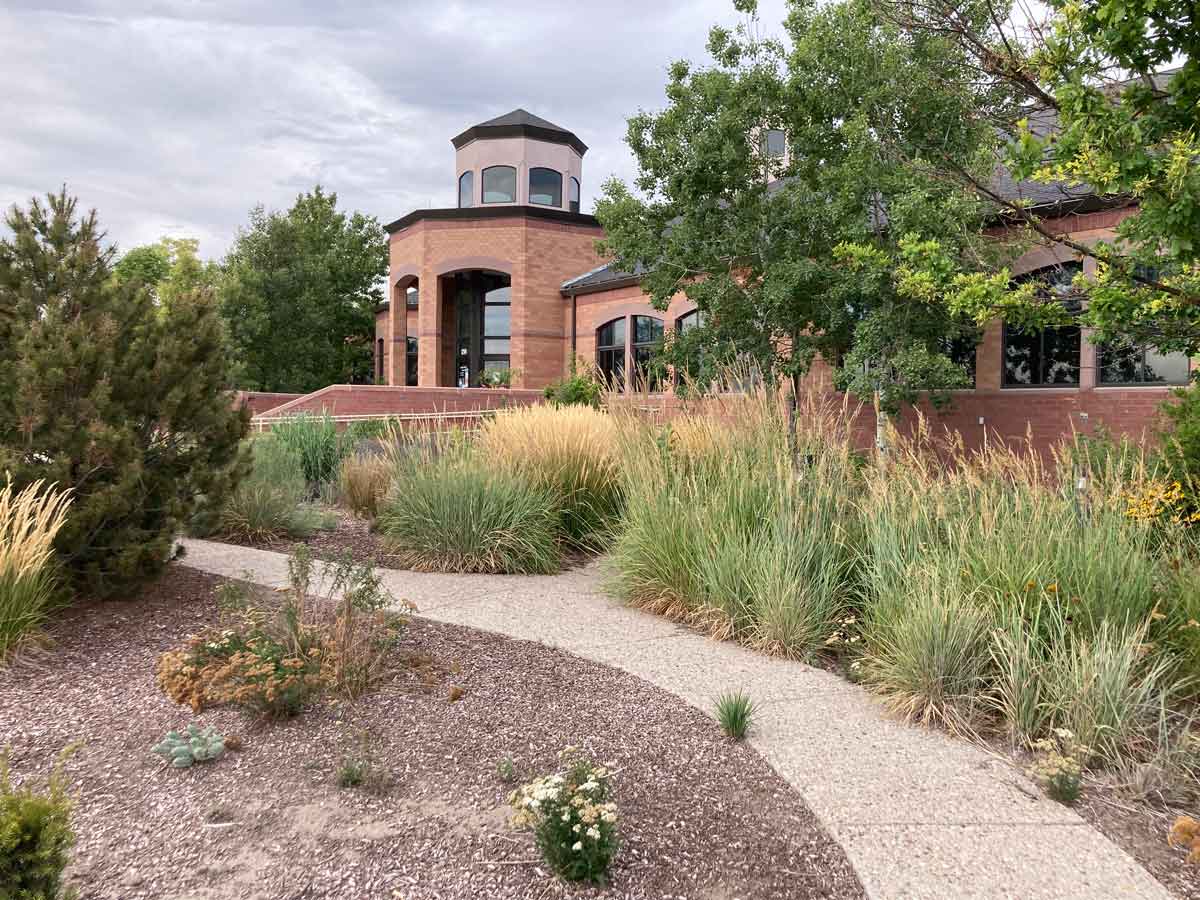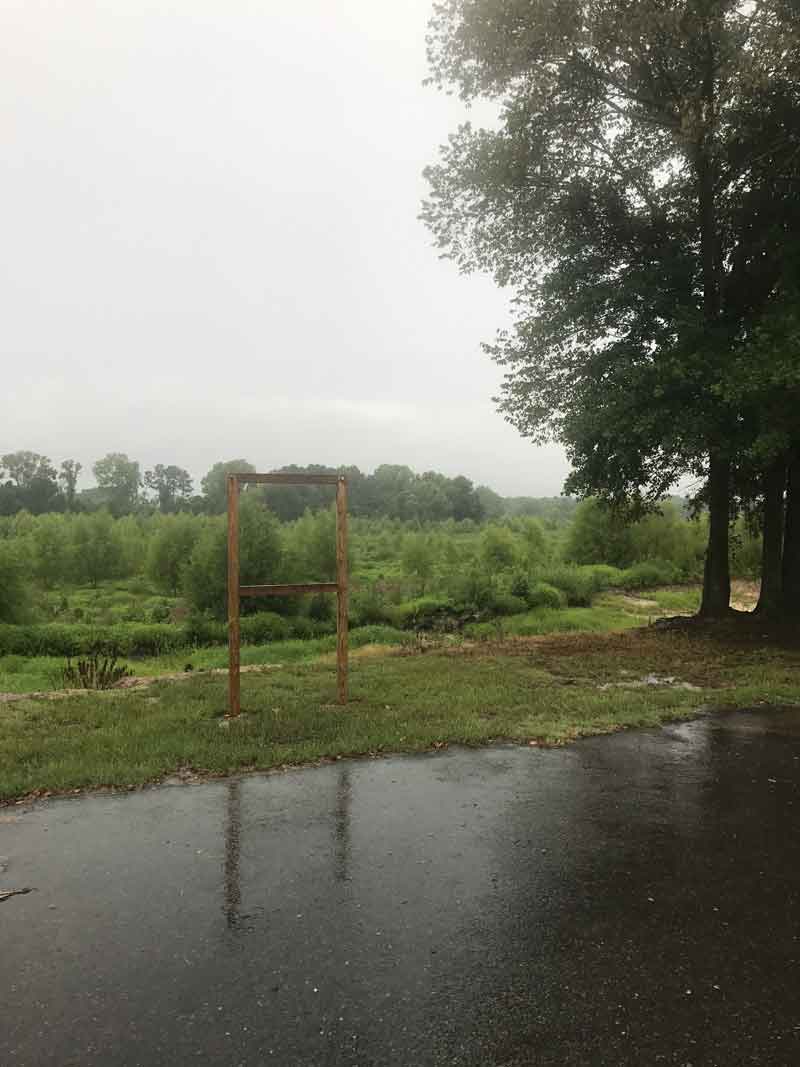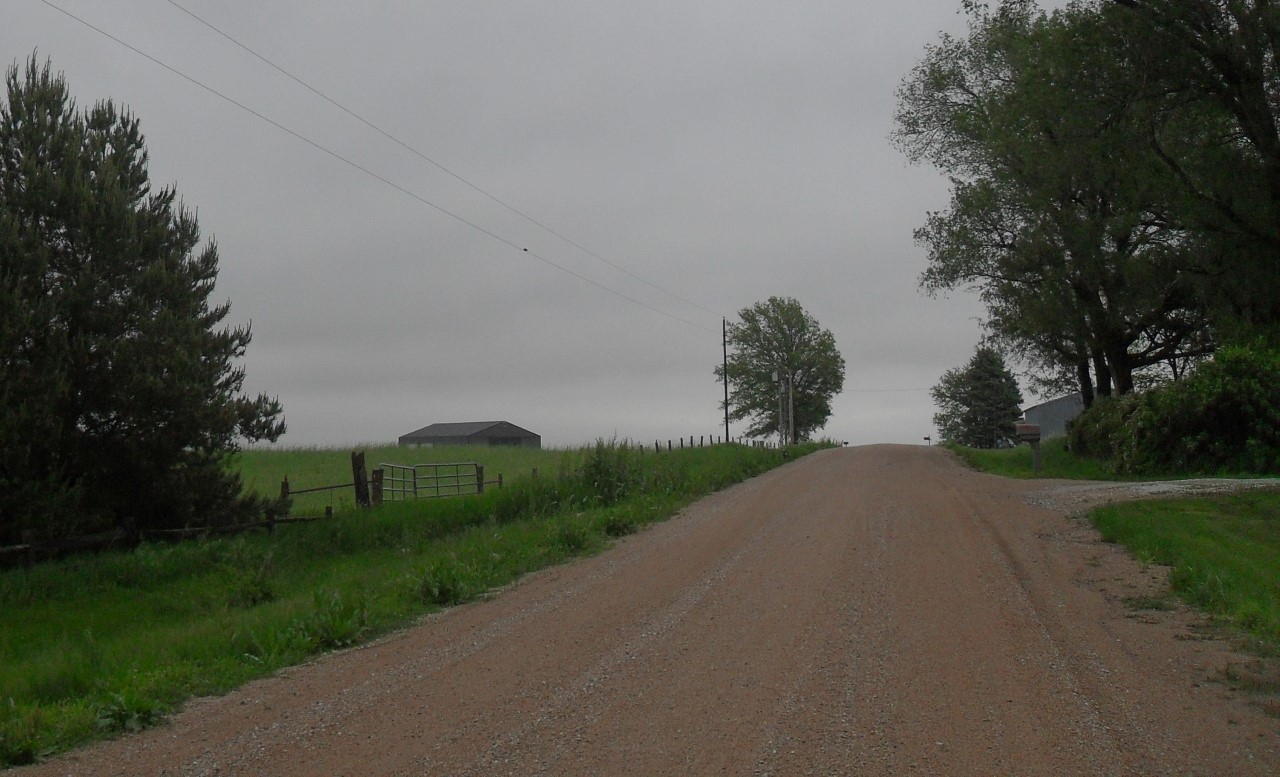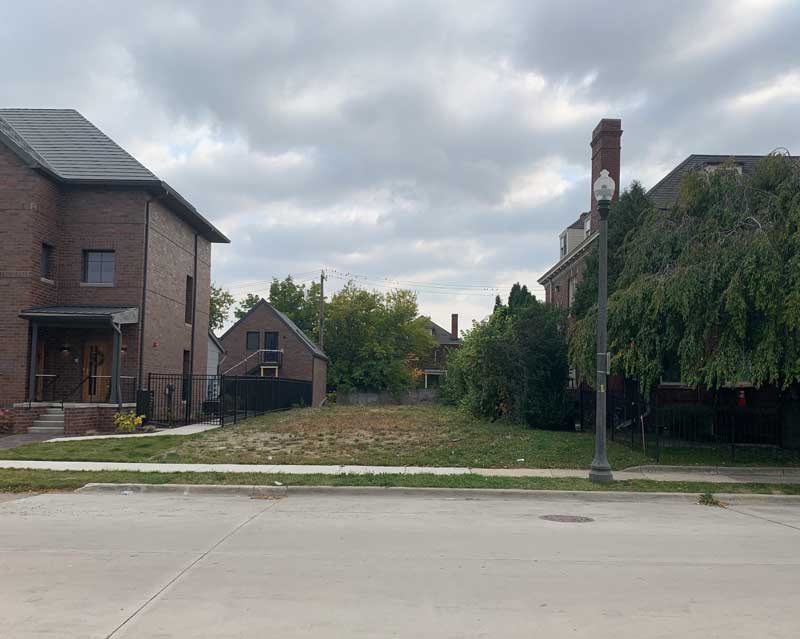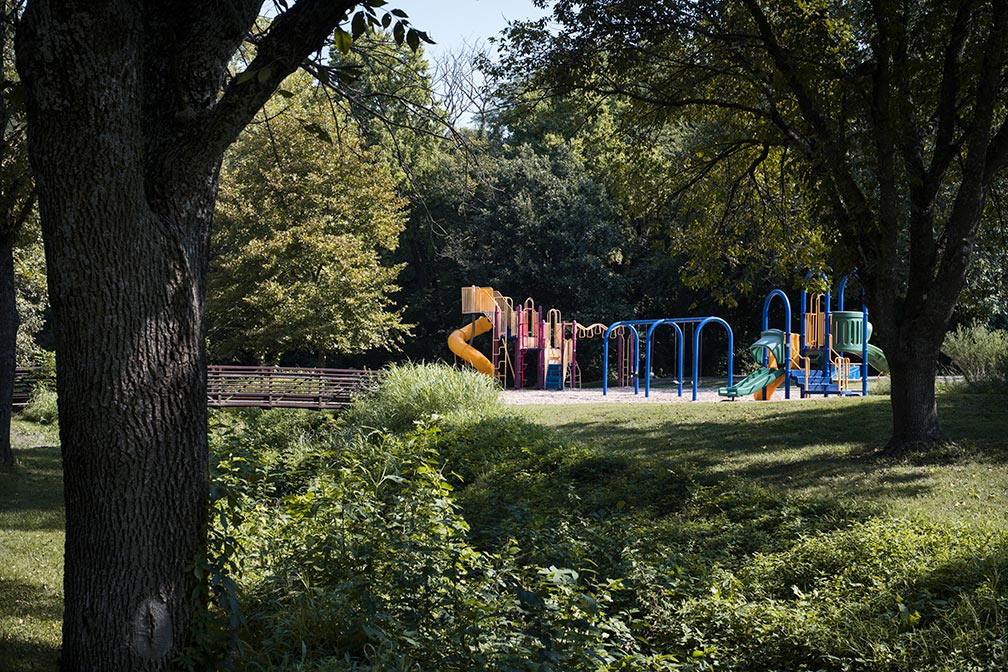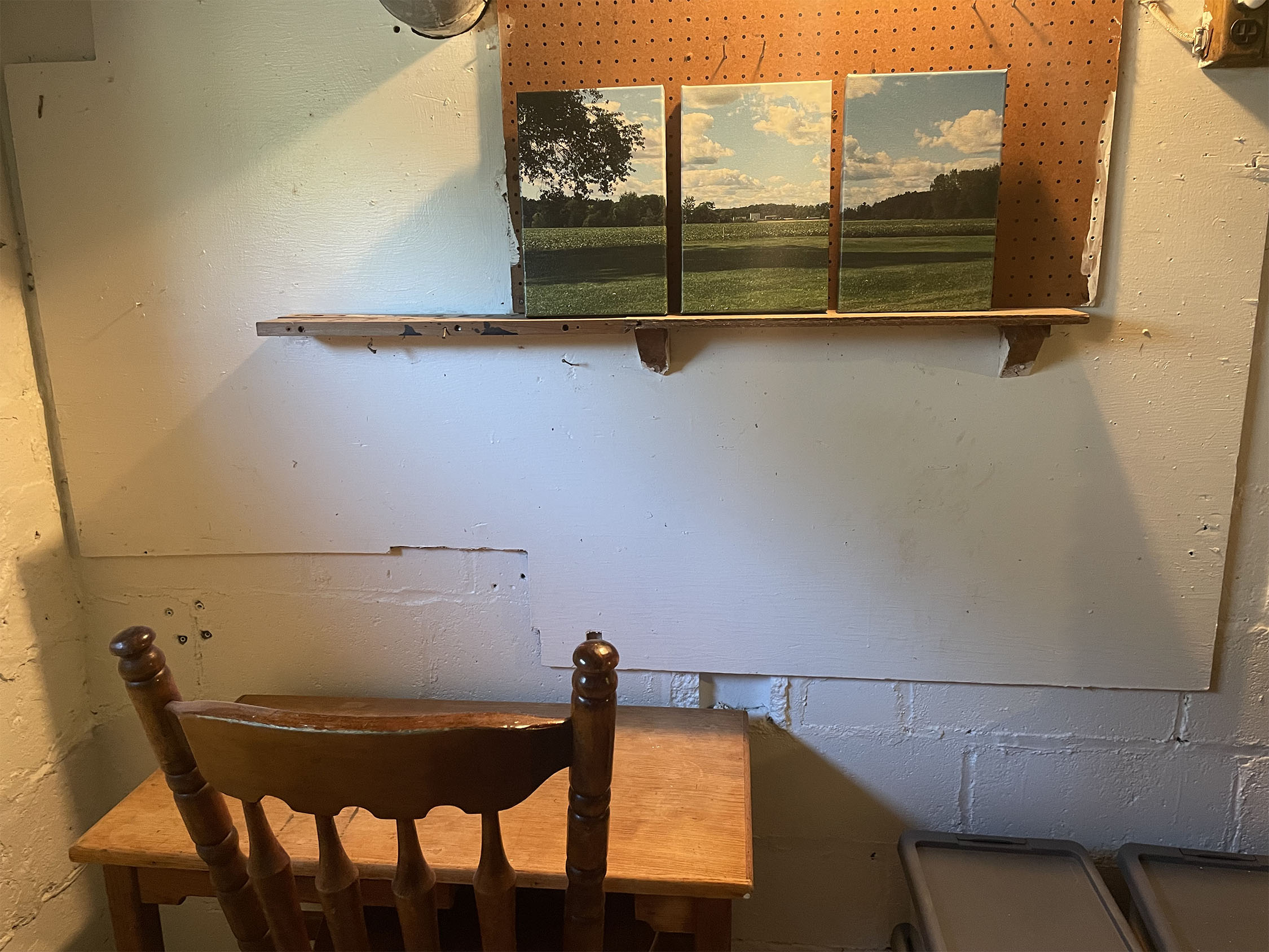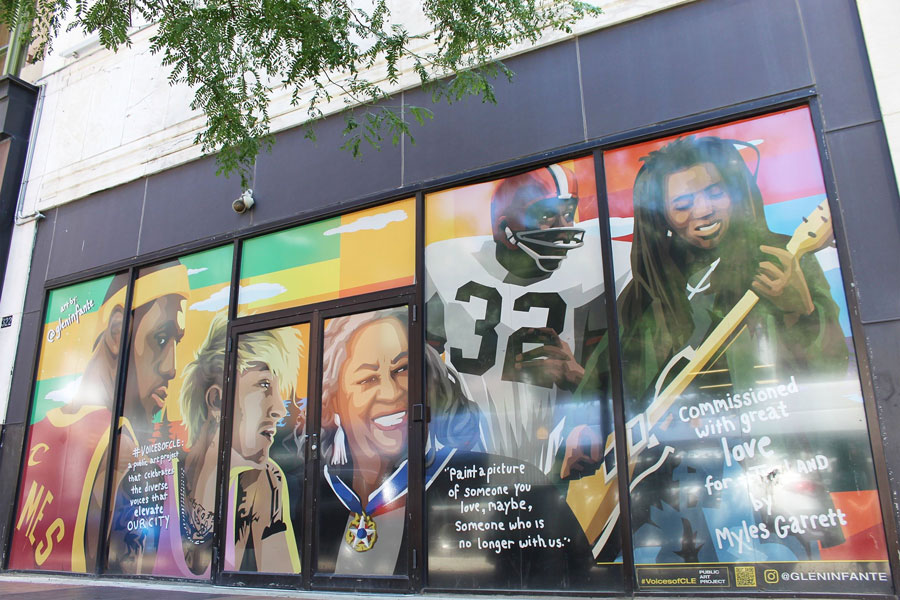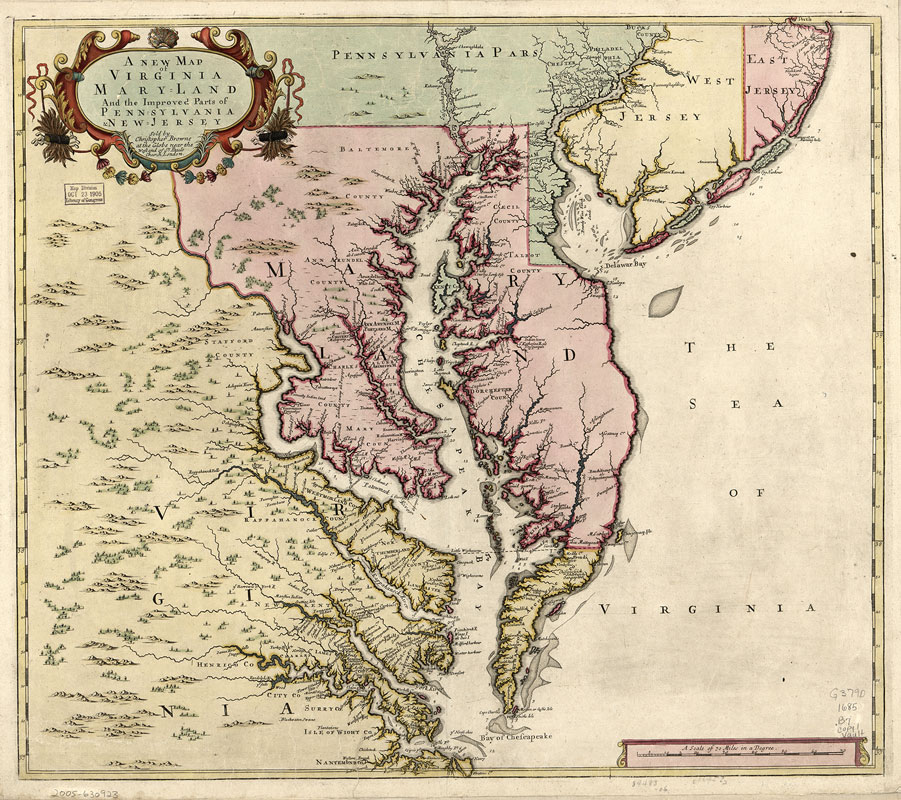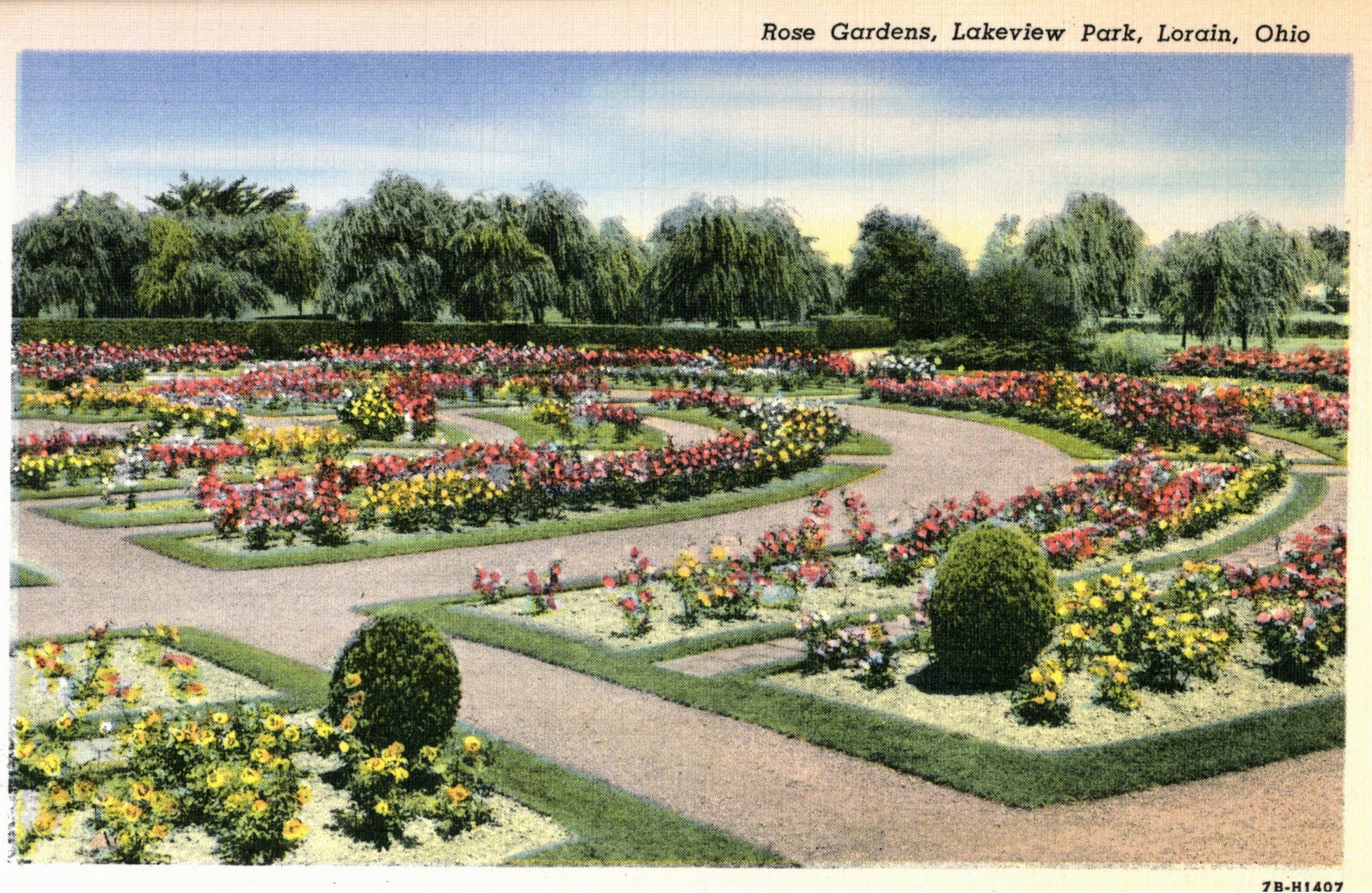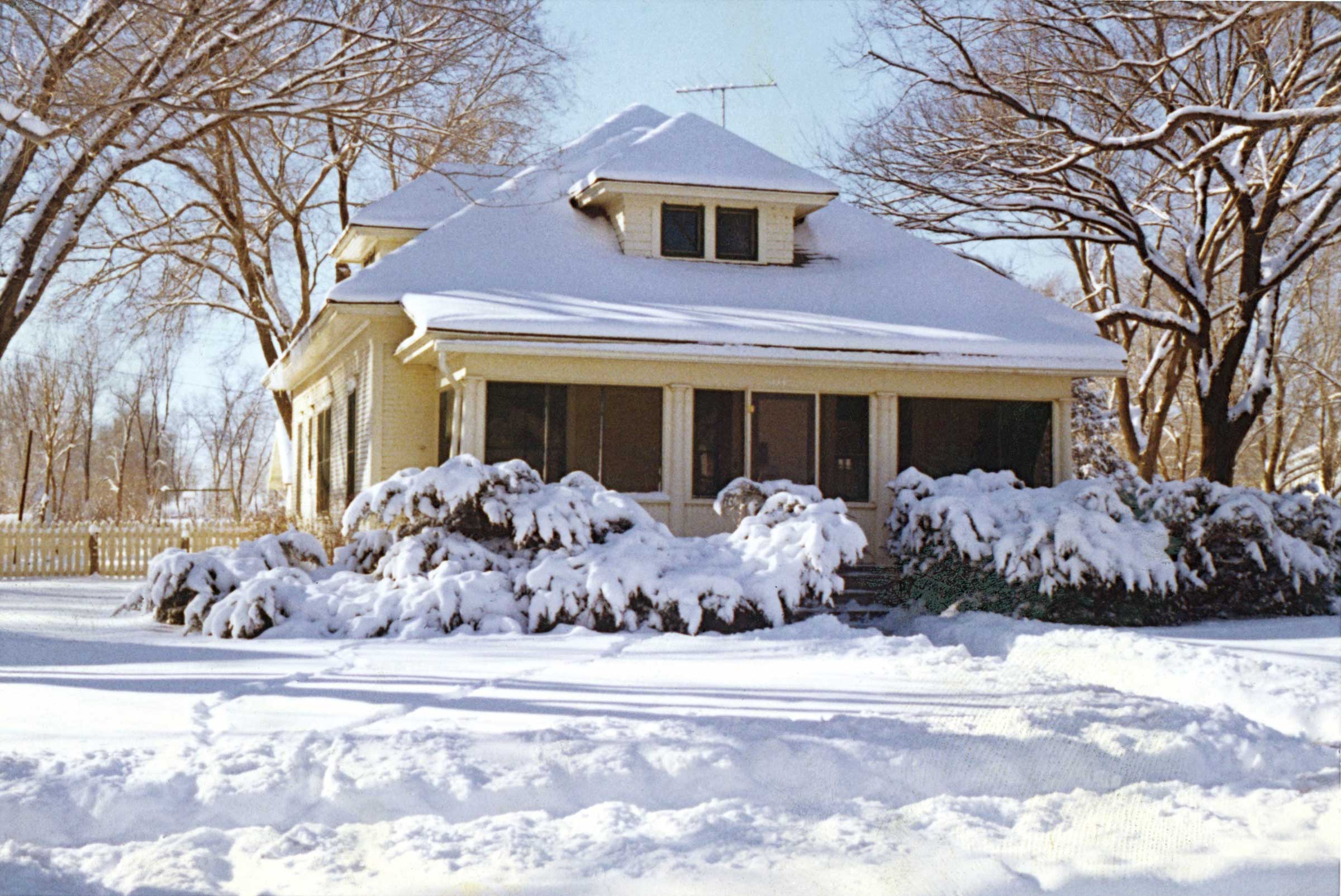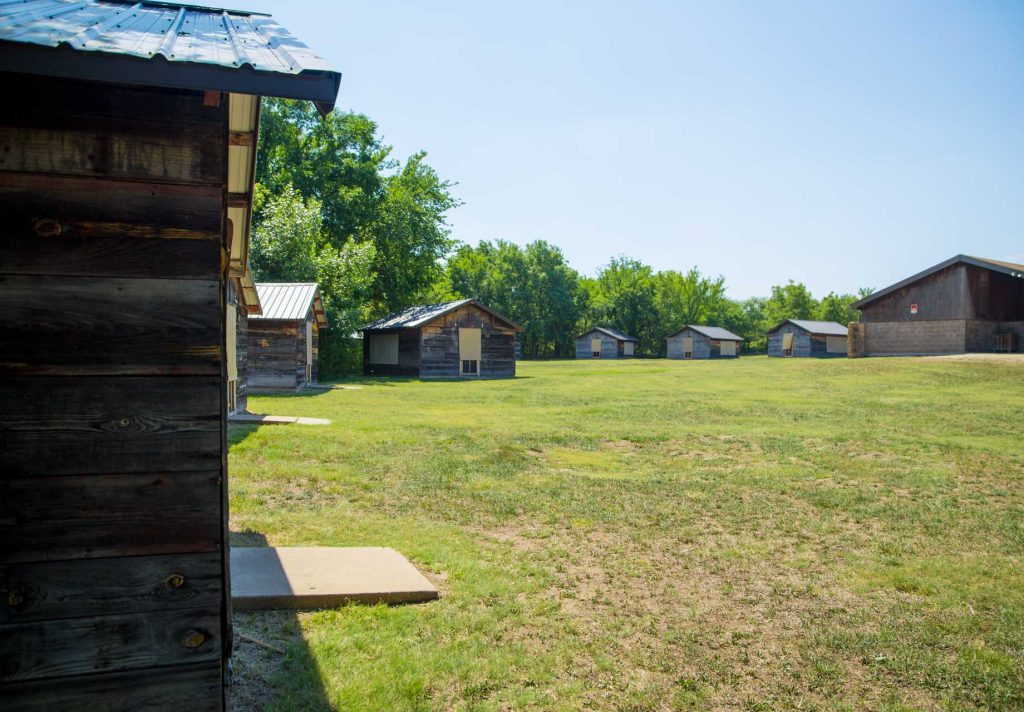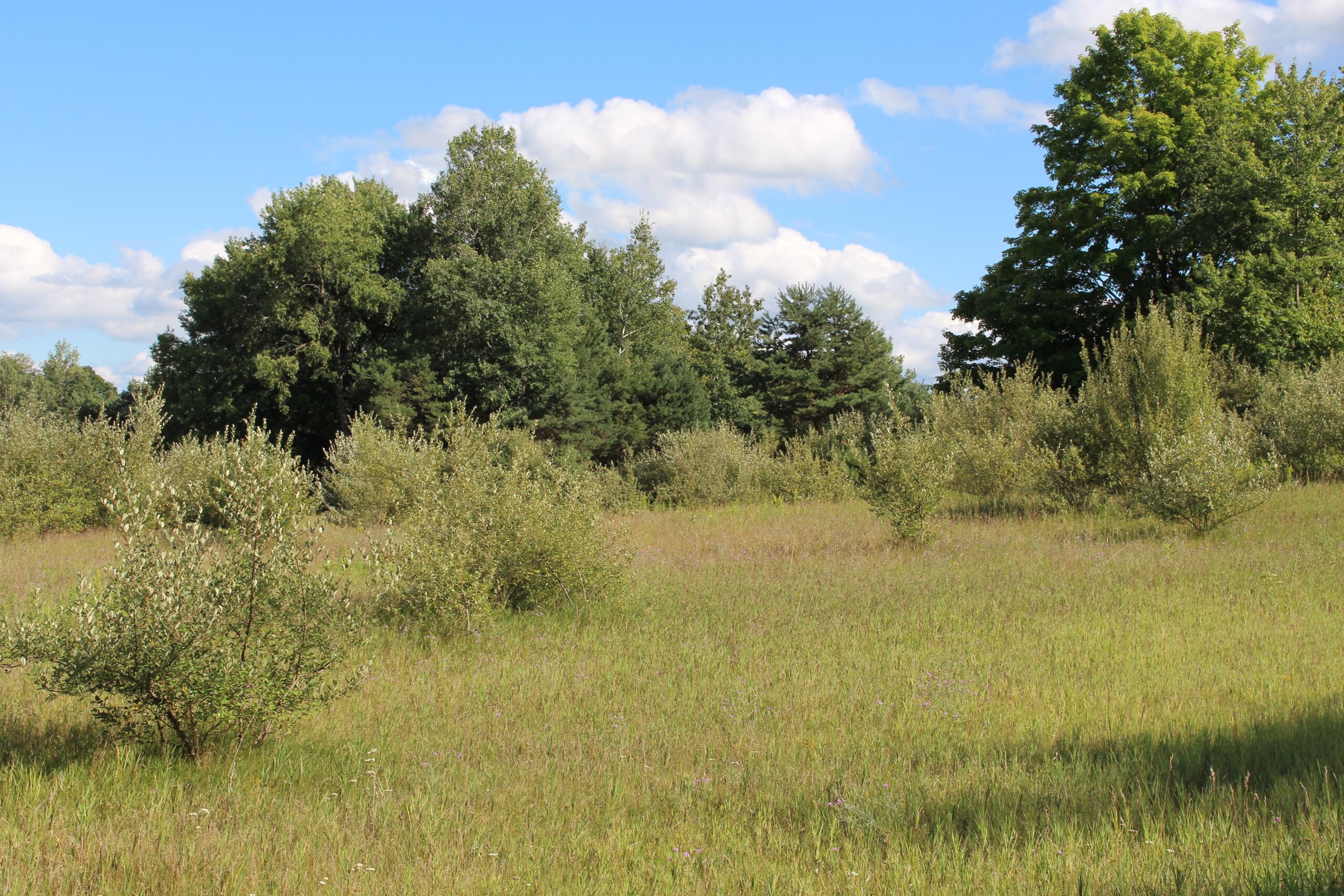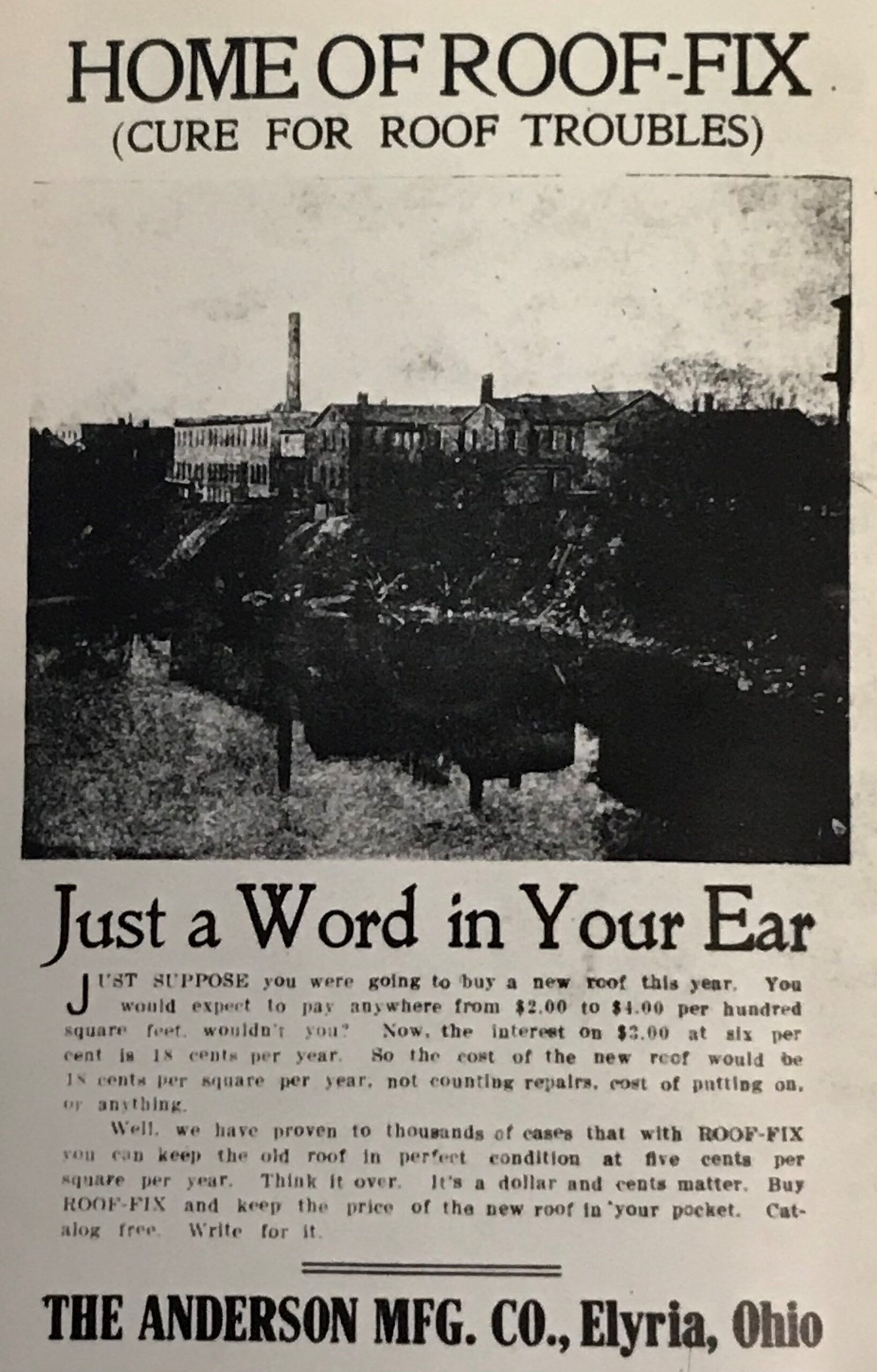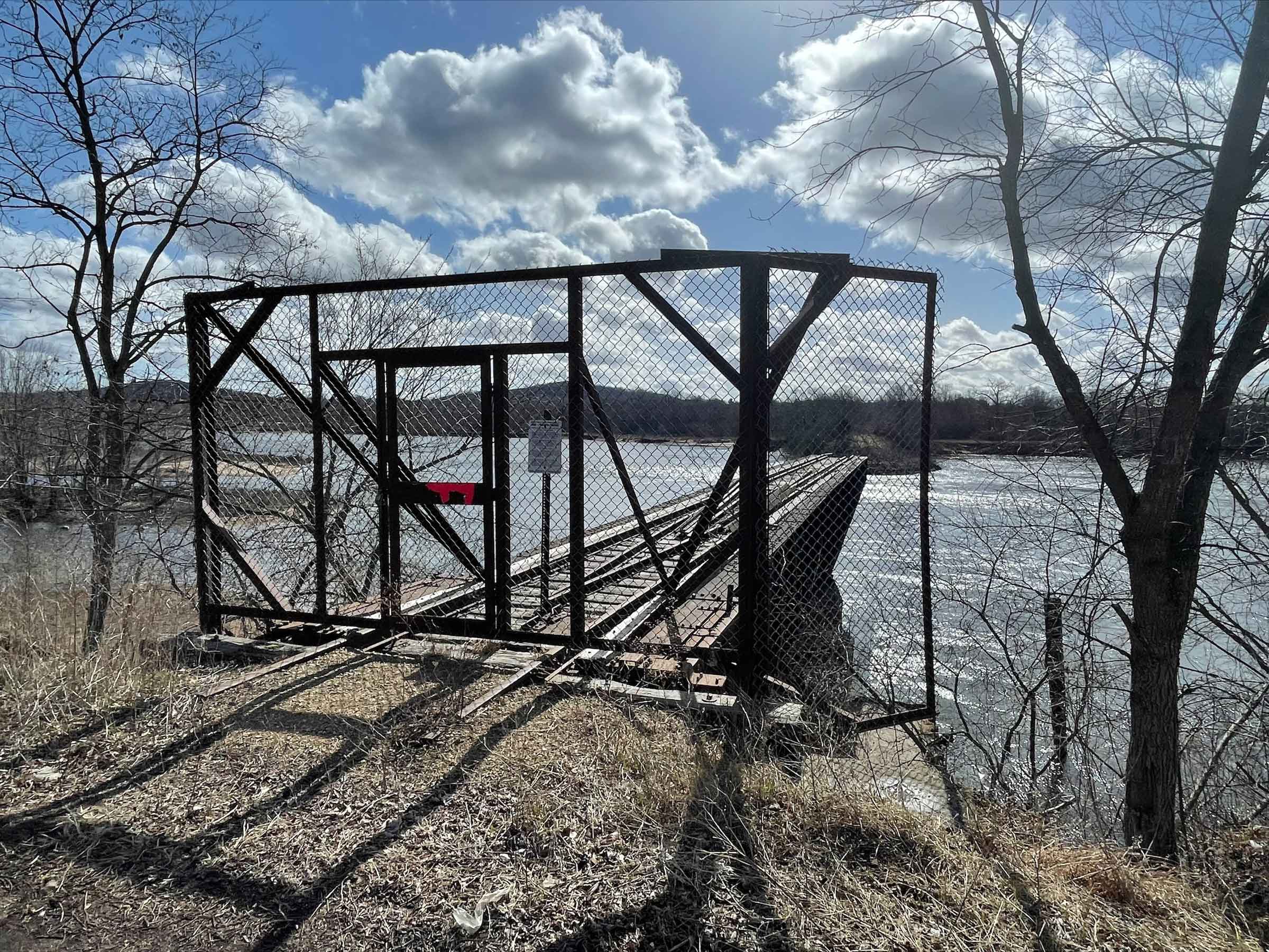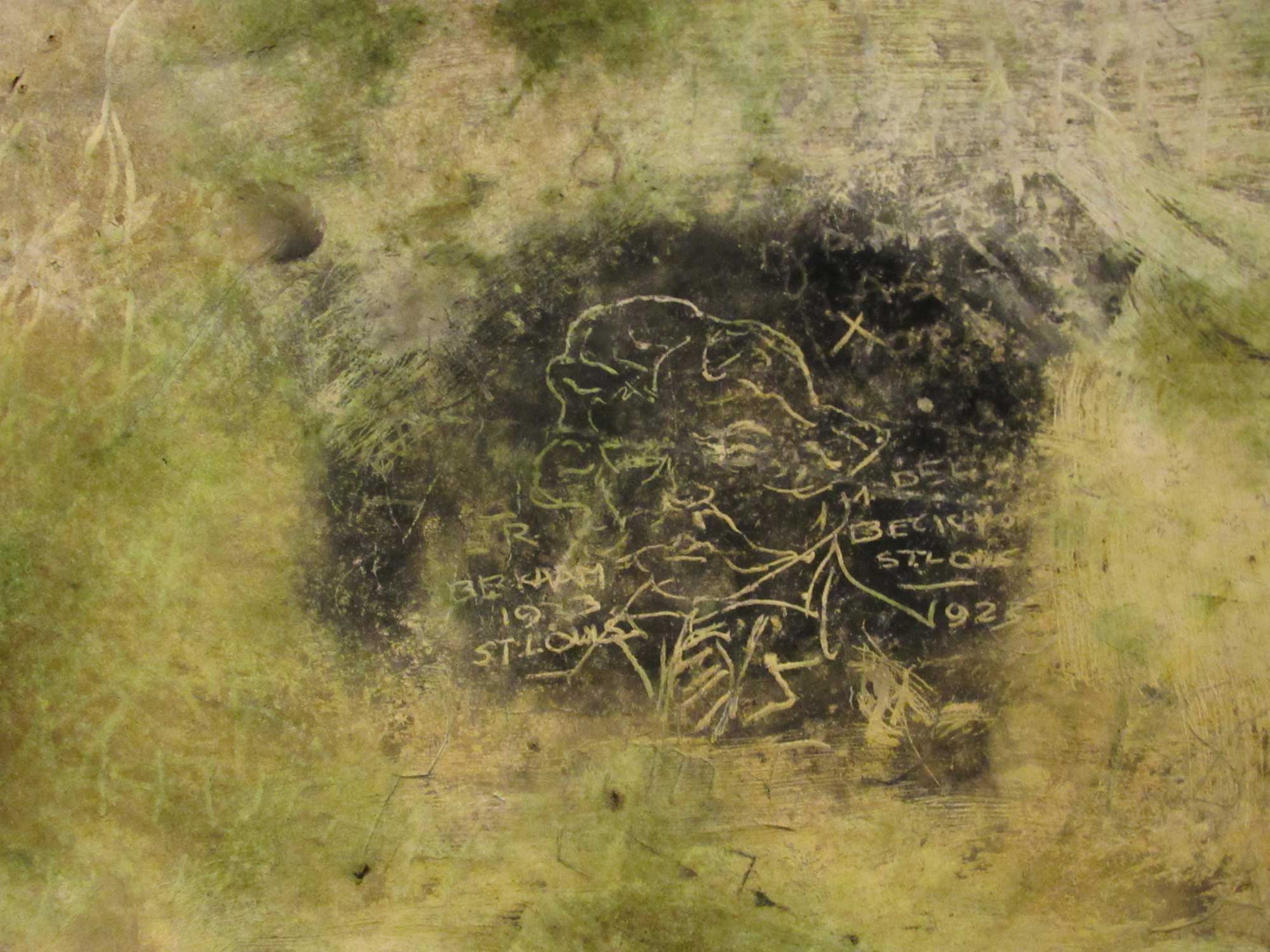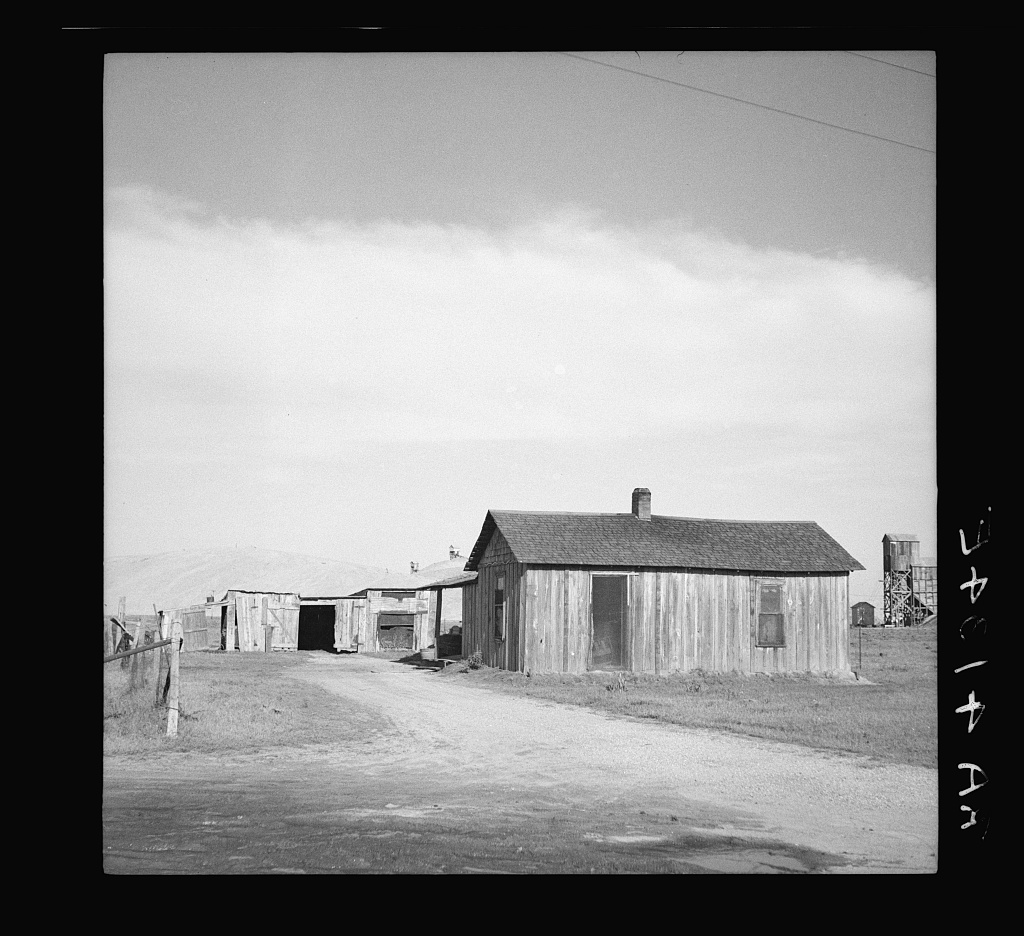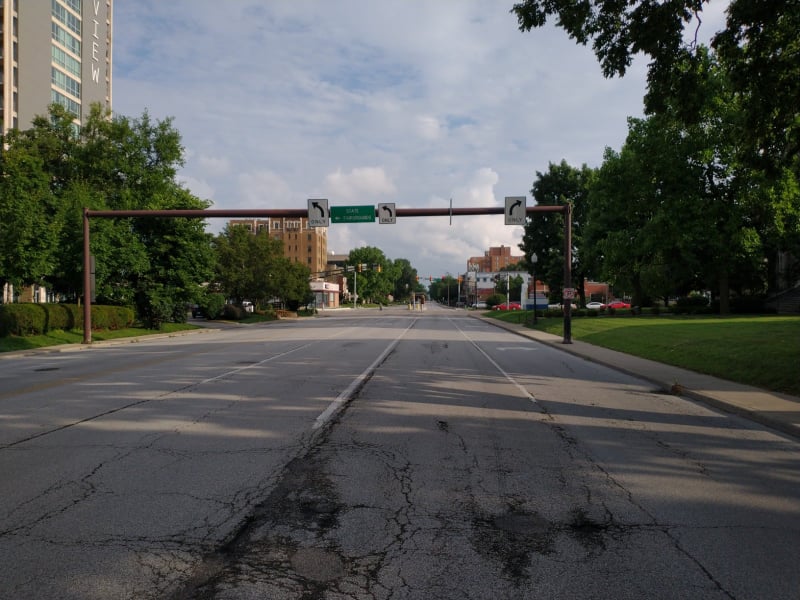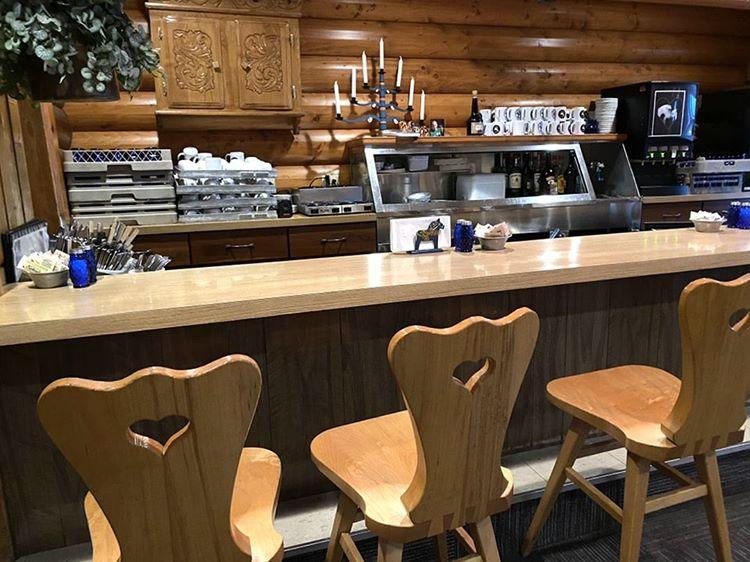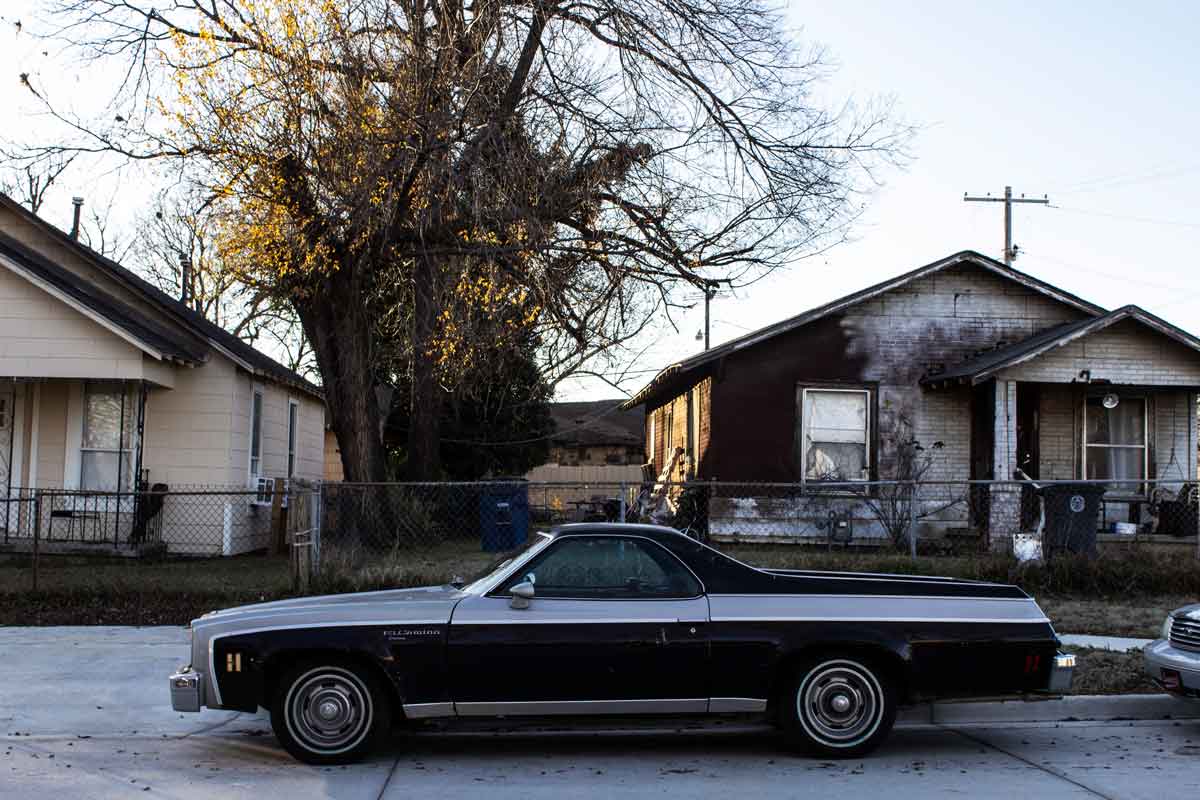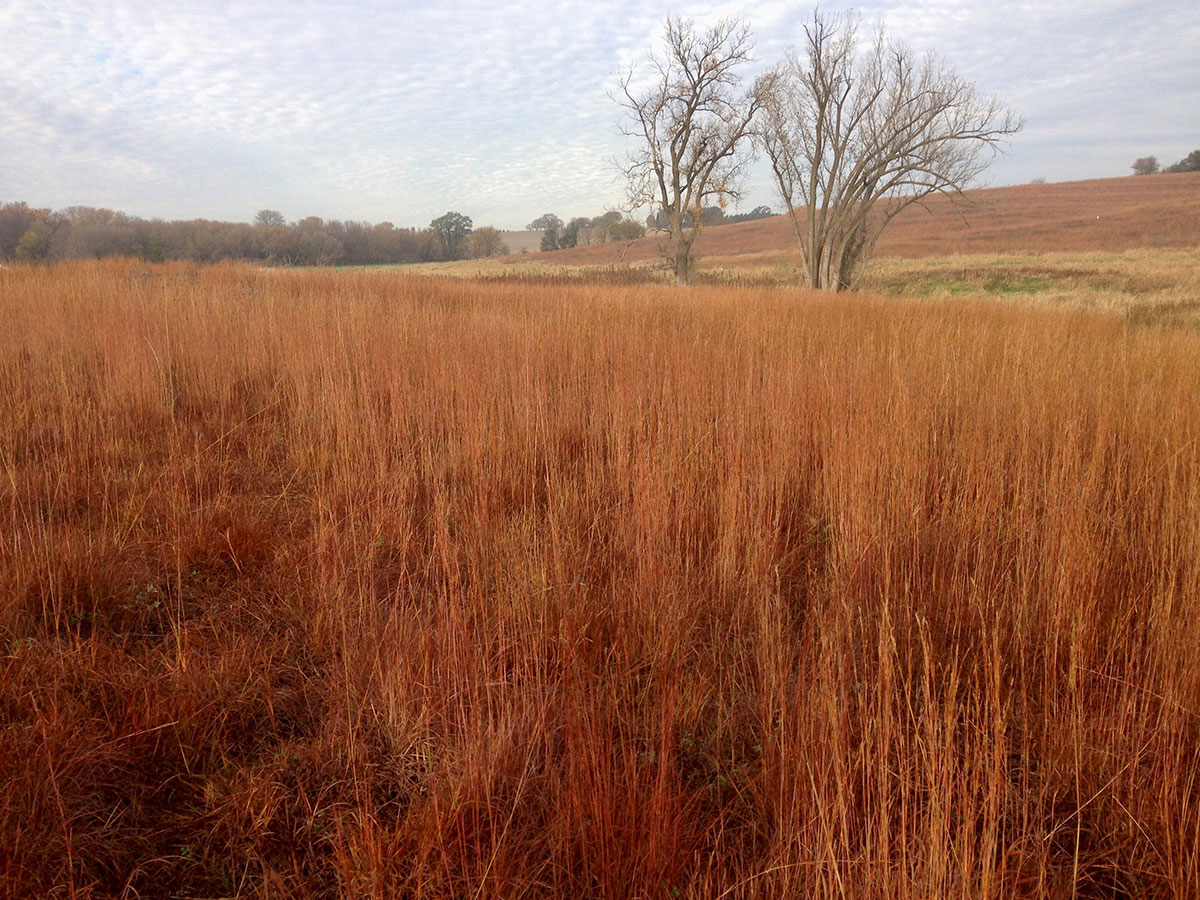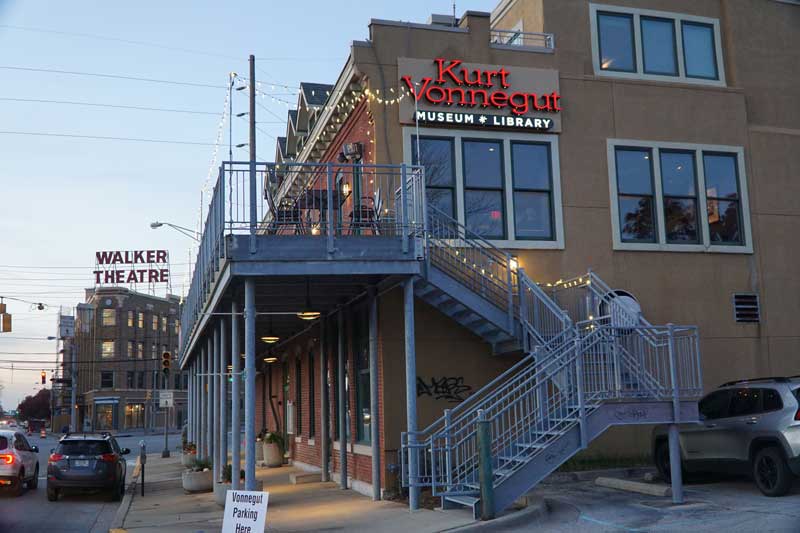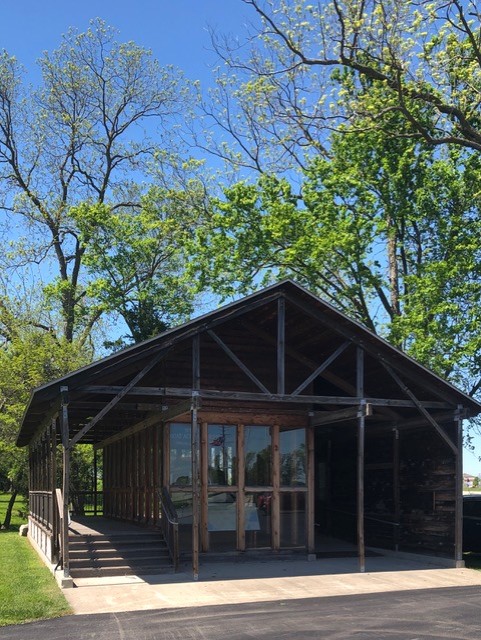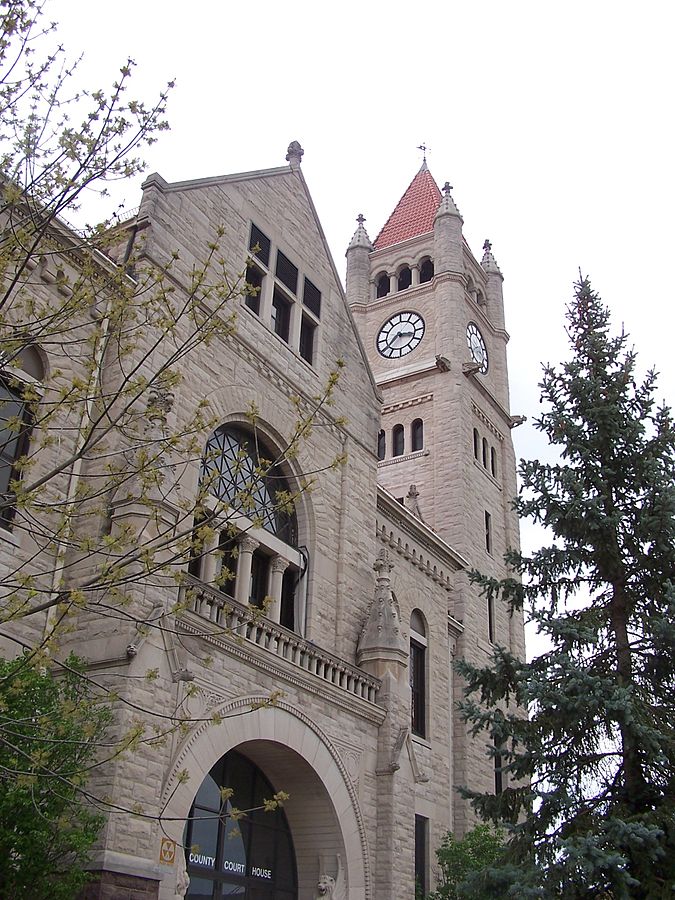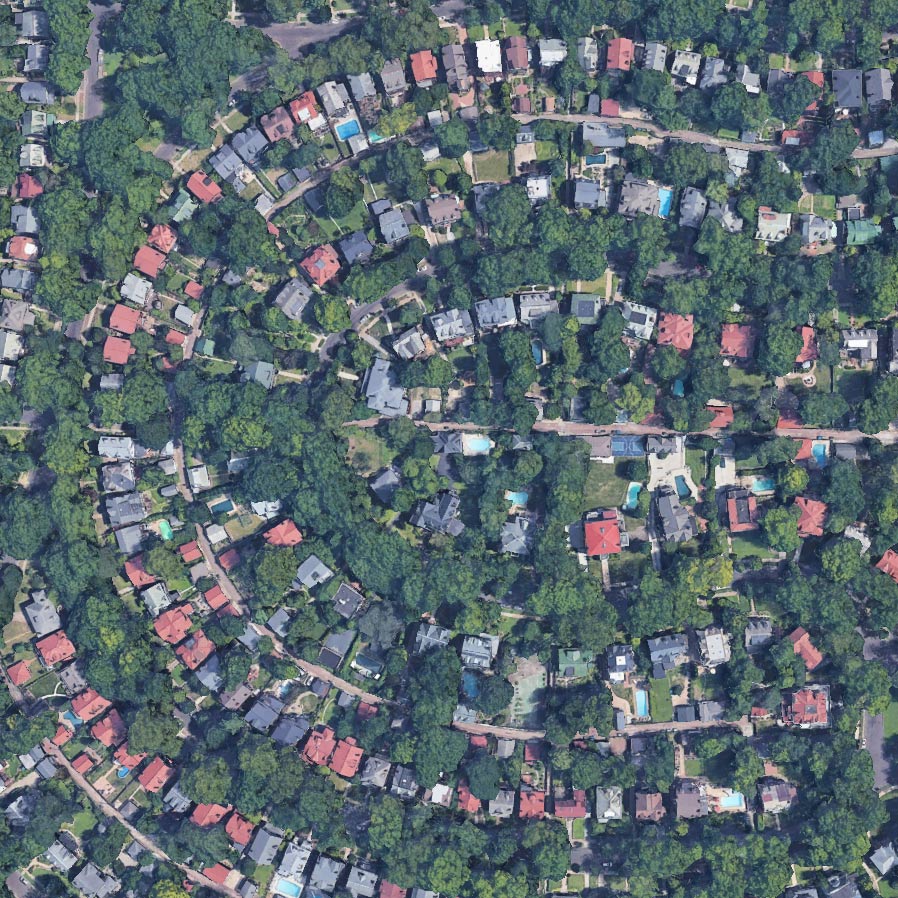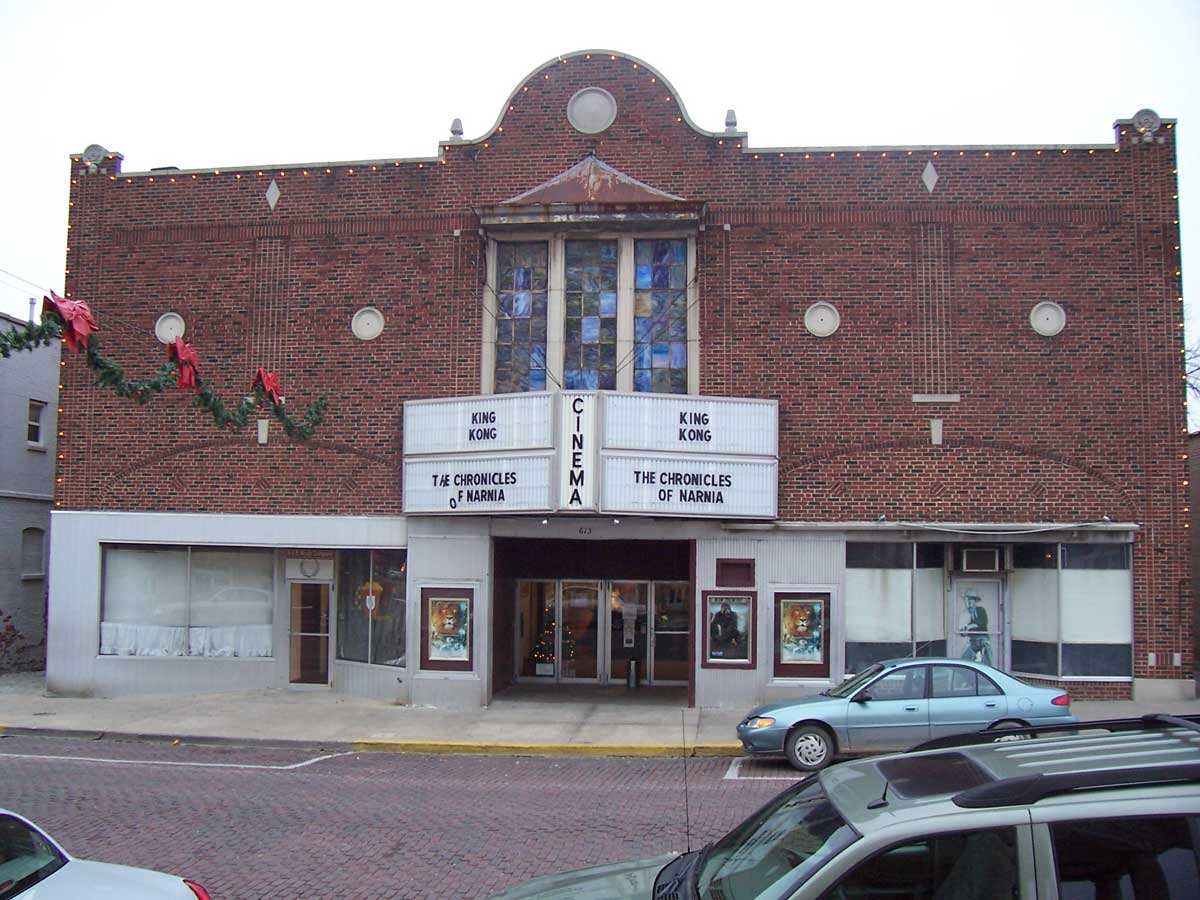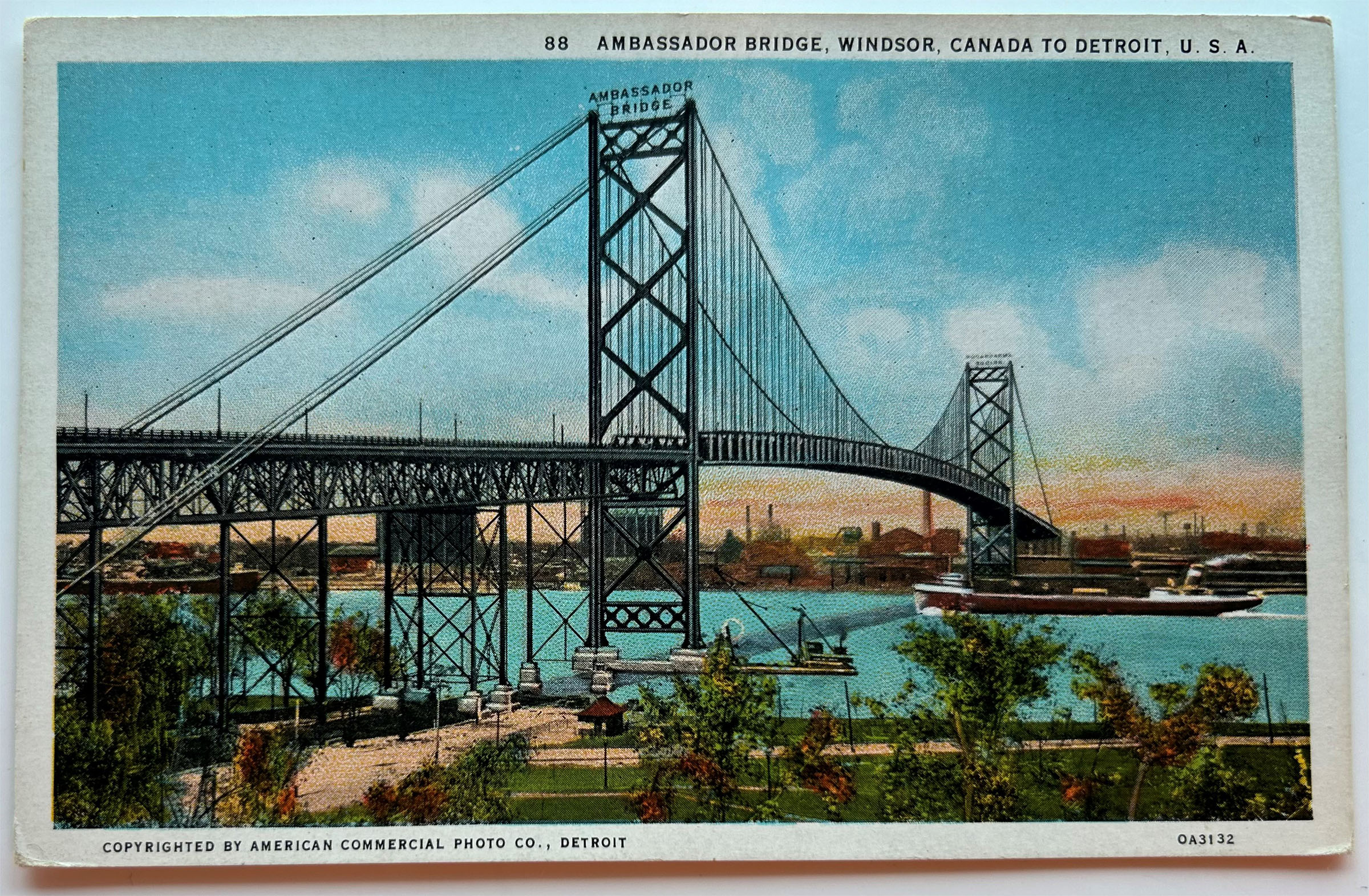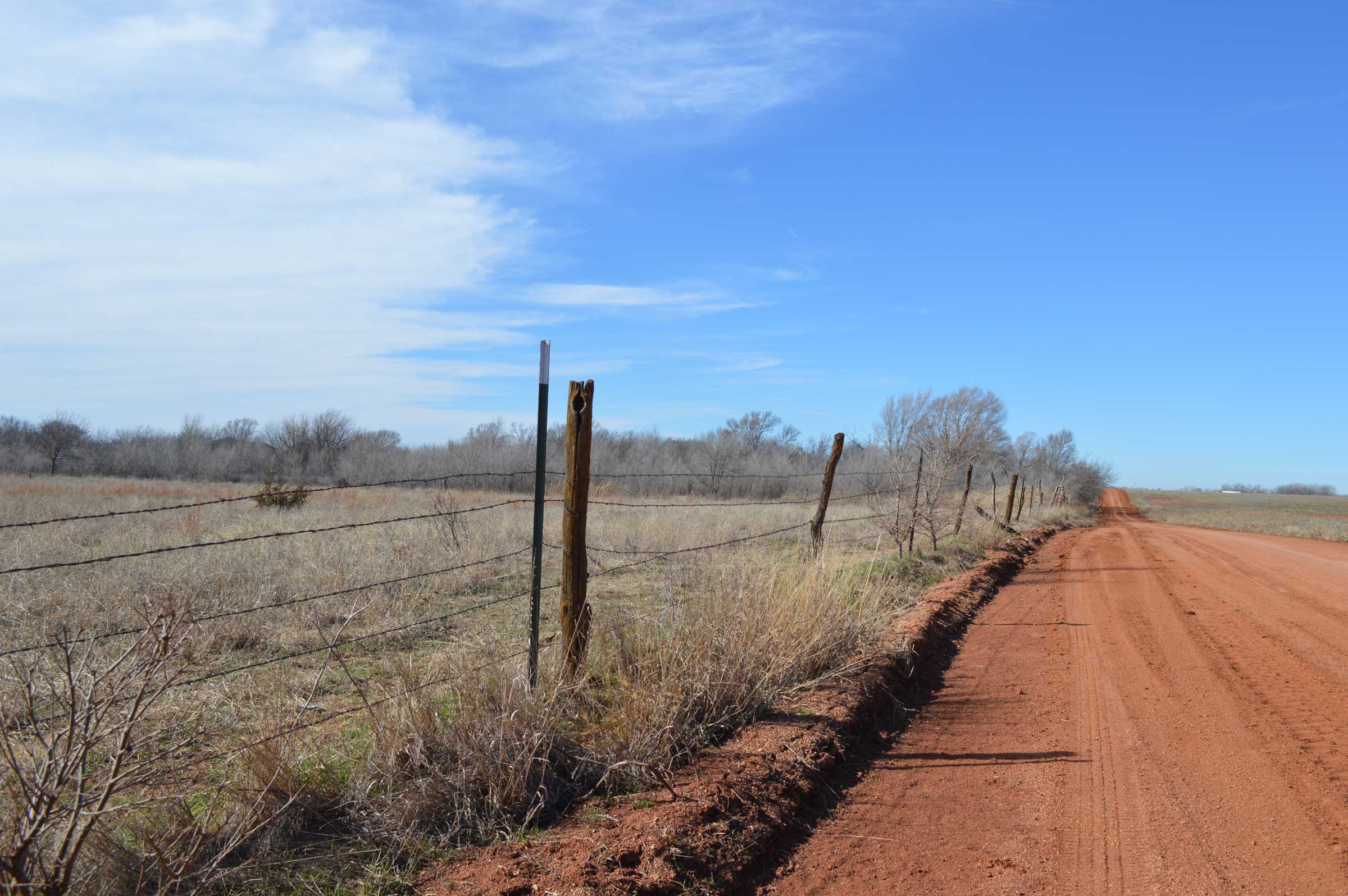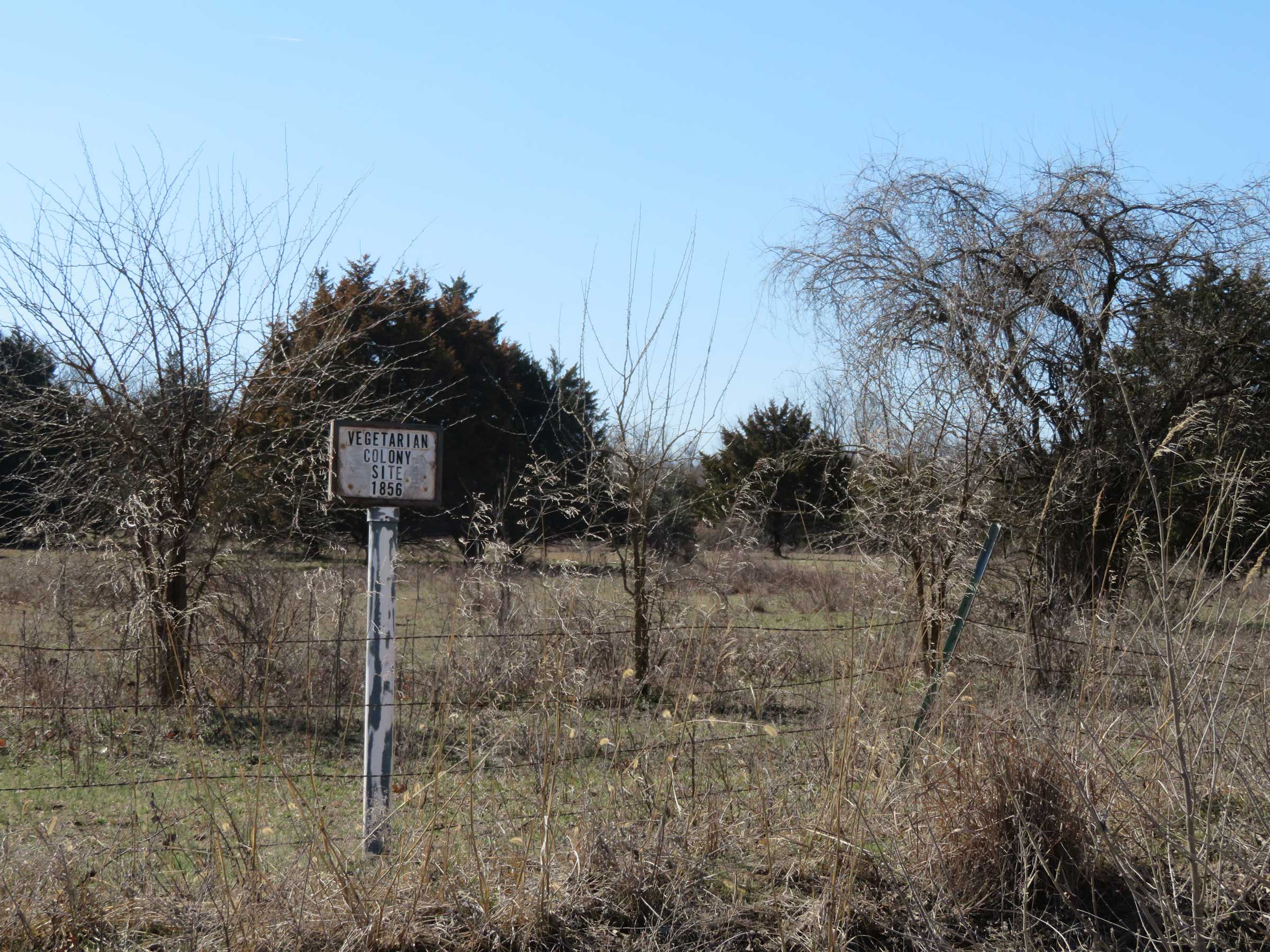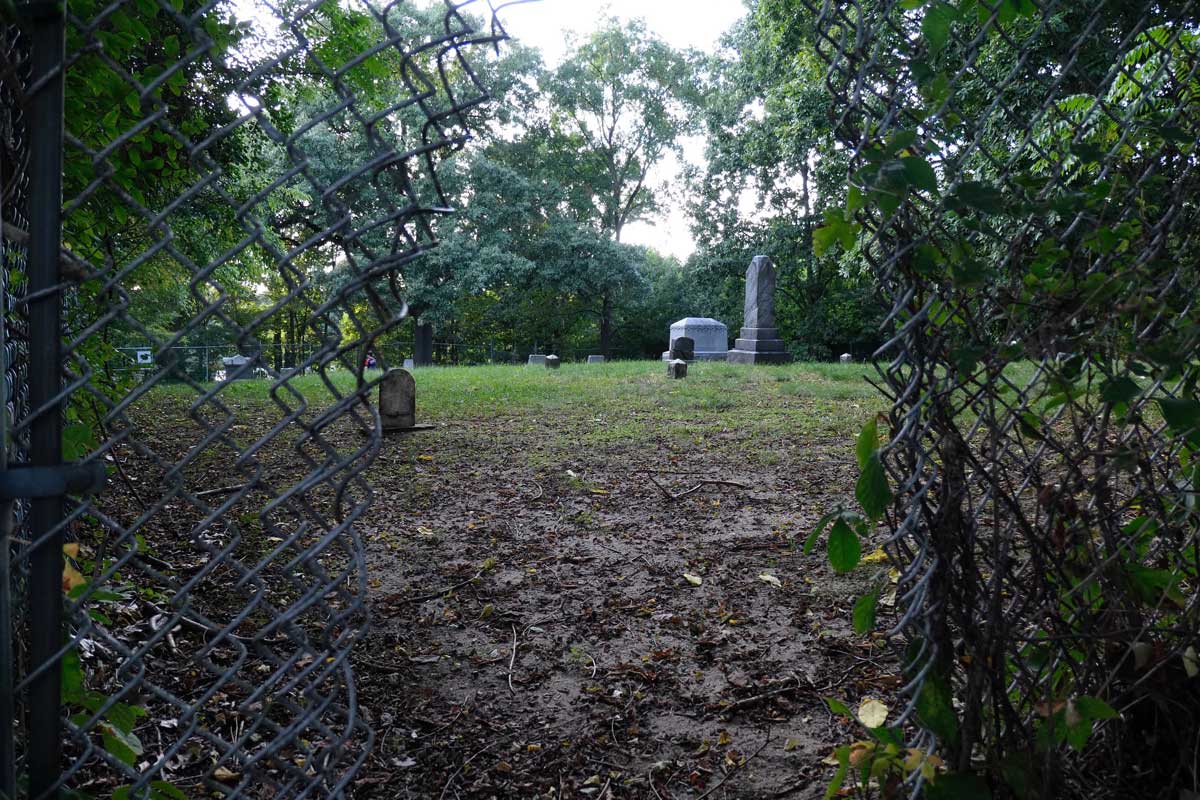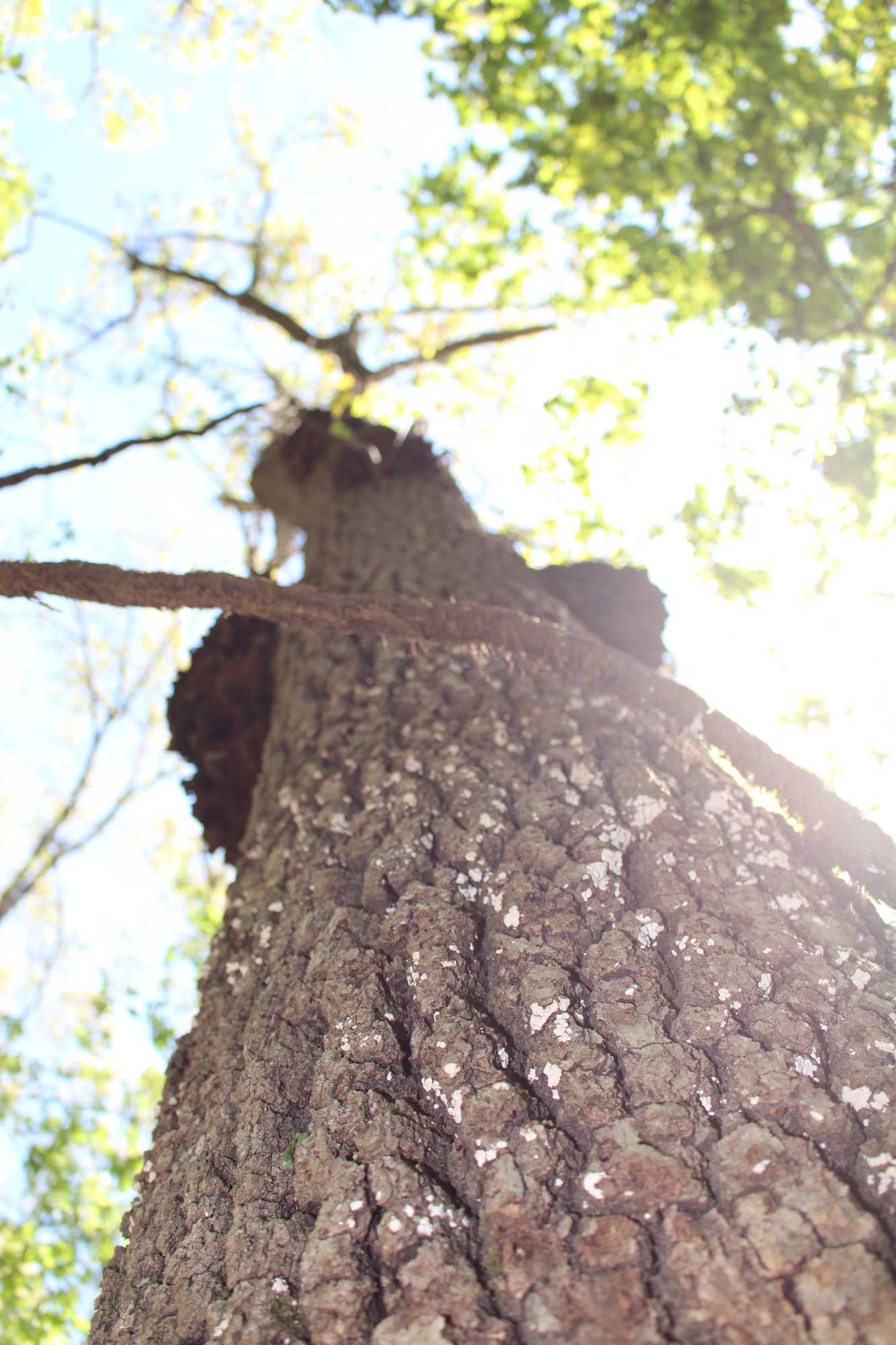F. Scott Fitzgerald
599 Summit Avenue
St. Paul, Minnesota
By Ross K. Tangedal
In fall 2016, my wife, CJ, was four months pregnant, and we decided to visit the Minnesota State Fair at the insistence of my cousin Michael, a Minneapolis resident and state fair aficionado. After meandering through the massive beehive exhibit, CJ and I peeled away to take a quick walking tour of old St. Paul. I was excited to explore Summit Avenue, which is known for its Victorian rowhouses, including the birthplace of F. Scott Fitzgerald, whose work I’d been studying for the past five years.
599 Summit Avenue is not all that different from the houses around it, fitting into the line of its Victorian neighbors: two stories, with an arched entryway, a rounded bay window, and a stately turret topping the unit. One expects to be wowed when witnessing the domicile of genius, but this unimpressive house did little for my enthusiasm. We could not go inside, nor were there any definable features of the home to suggest anything but mundanity. The plaque out front says nothing about the home either, other than “F. Scott Fitzgerald House.” On Summit Avenue in the early twentieth century, people dreamt of their money aging. But now, more in line with Fitzgerald’s fears than his parents’ dreams, this home is a broken-down shell of Romanesque revival and mediocrity.
Rarely has there been a more complicated “favorite son” than Scott. He spent his childhood in Buffalo, Hackensack, and St. Paul, wanting so much to be more than he was, more than his disappointing father had become, more than a Midwestern nobody with glittering things in his heart. After completing his military service he drank himself into such depression that in 1919 he moved home to the last place he wanted to be, St. Paul, and lived in the house he least wanted to live in, 599 Summit Avenue, with the people he least wanted to live with, his parents. If he got his first book published, Zelda Sayre, a judge’s daughter, the rich girl that poor boys like him never marry, would marry him.
I know now why I felt that way about 599 Summit Avenue during fall 2016: we don’t appreciate transitions, not like we do beginnings or endings. The F. Scott Fitzgerald House in St. Paul is a transition cloaked in a beginning, a place he never cared to live in, and a place to which he never returned once he published This Side of Paradise. There was more for him, he thought, than a rowhouse rented with his mother’s money and populated by his father’s letdowns. He was always moving away from St. Paul and the Midwest, even when he wrote about them. Fitzgerald’s Midwest was behind him. His future was glittering things and people. Like his character Dexter Green in the short story “Winter Dreams,” Fitzgerald was all potential.
As for CJ and I, our trip to St. Paul that summer was a beginning too, with a pregnancy and a new job leading toward our unknowable future. Like Fitzgerald, I had a hard time appreciating the transition. Then my daughter Adeline Rose arrived just five months later, glittering with the newness of life.
Ross K. Tangedal is assistant professor of English and director of the Cornerstone Press at the University of Wisconsin-Stevens Point. He specializes in American print culture and publishing studies, textual editing, and book history, with emphasis in Ernest Hemingway, F. Scott Fitzgerald, and Midwestern literature. His first book, The Preface: American Authorship in the Twentieth Century, will be released in 2021 by Palgrave Macmillan.

